News
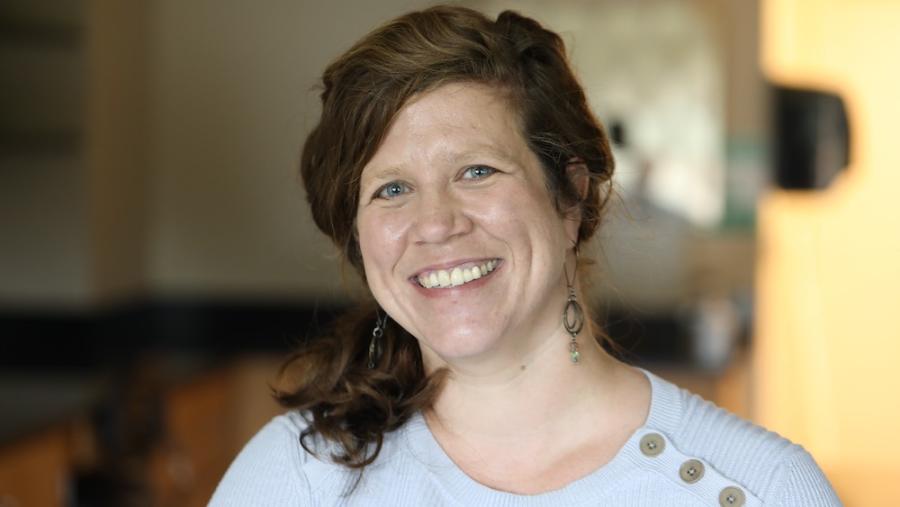
Sarah Kienle, Ph.D., receives the 2024 Early Career Award for her research on leopard seals, the mysterious apex predator of Antarctica.
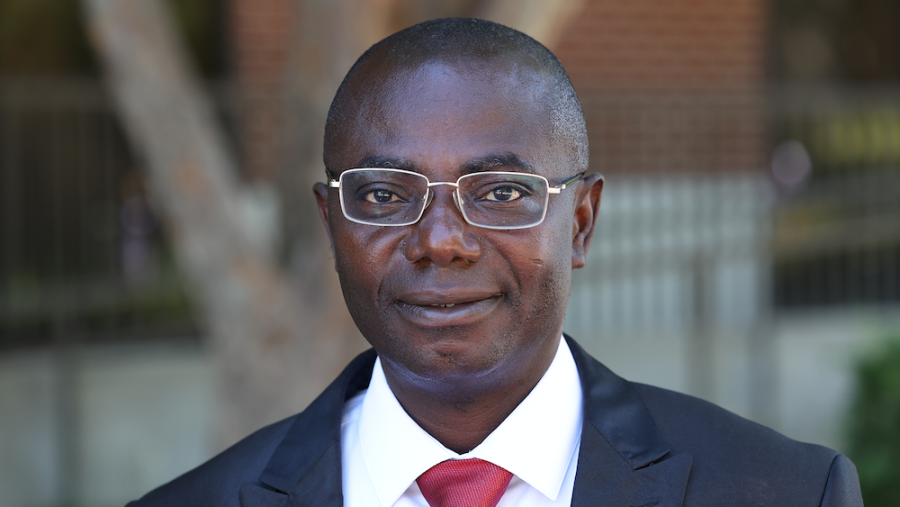
Matt Asare, Ph.D., advances project to promote cancer screening in Ghana.
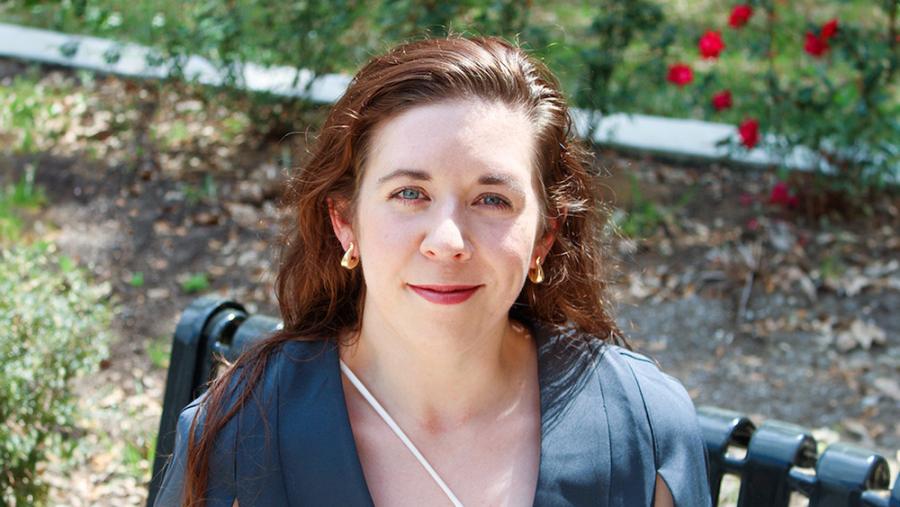
Rebecca Jones-Antwi, Ph.D., is among the highly promising healthcare and academic professionals supported by AHA for future success in field of cardiovascular and/or cerebrovascular disease research.
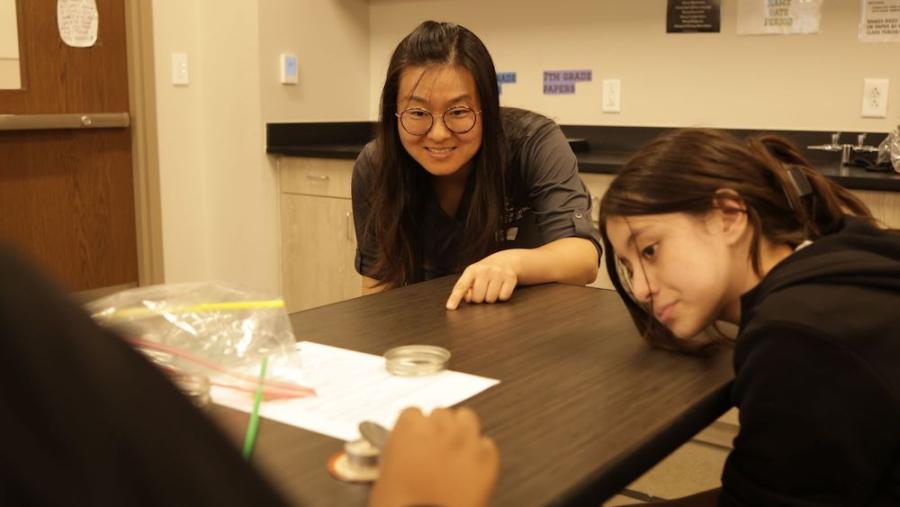
Innovative research project from Yang Li, Ph.D., will study wildfire smoke while leveraging remote sensing observations in multi-scale modeling and receive funding from NASA’s Early Career Investigator Program in Earth Science.
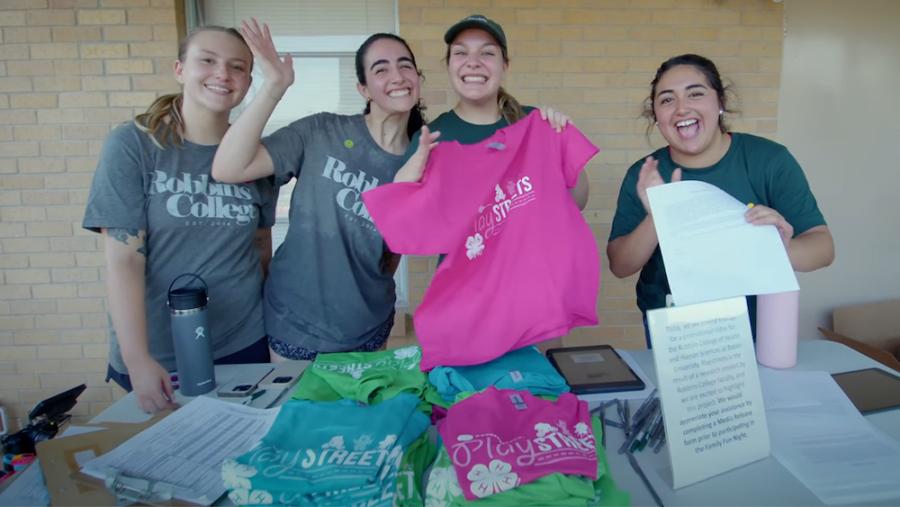
Baylor public health professor Renée Umstattd Meyer is writing the book on "Play Streets" to serve children in urban and rural communities.
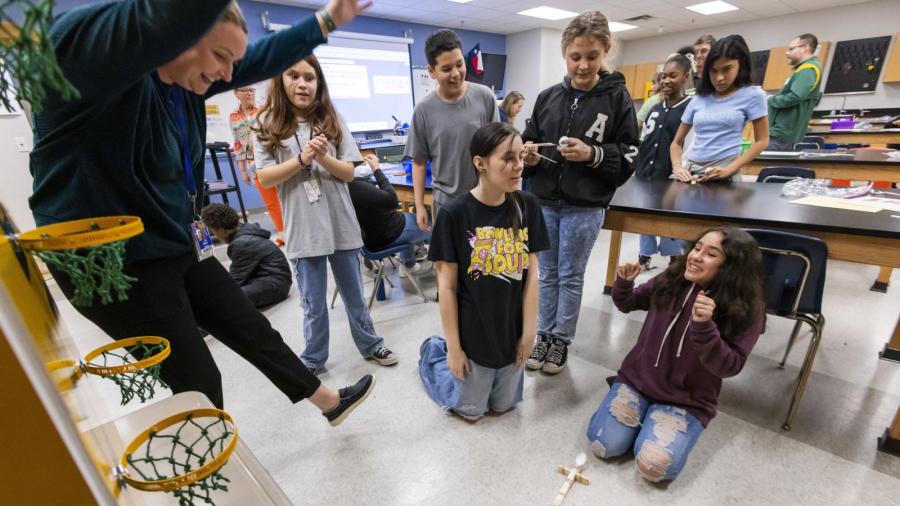
Baylor engineering faculty visit local classrooms to lead hands-on projects to spark interest in innovation and creative problem-solving
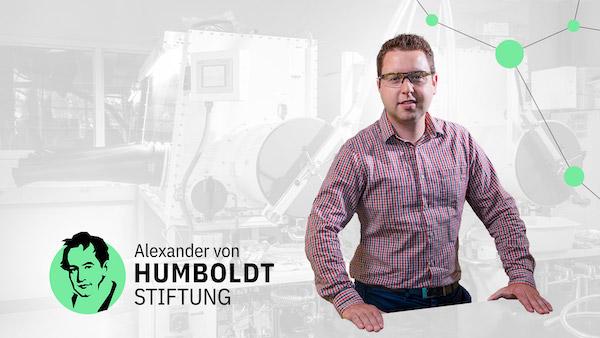
Caleb D. Martin, Ph.D., is the first professor from Baylor to receive the honor of being a “Humboldtian.”

New study by Baylor researchers in Environmental Research: Infrastructure and Sustainability journal finds infrastructure, leadership and understanding in the way of fully sustainable energy sources.
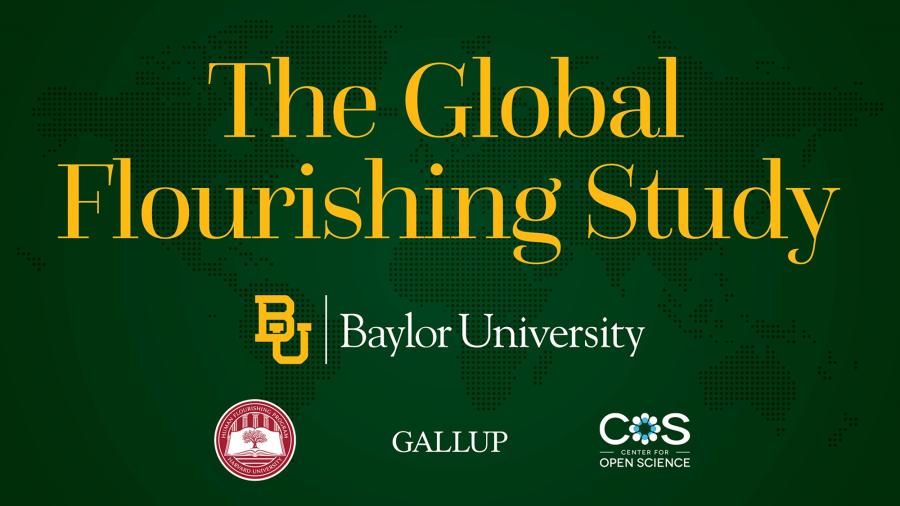
First wave of data, collected from more than 200,000 individuals in over 20 countries, now available through partnership with Center for Open Science.
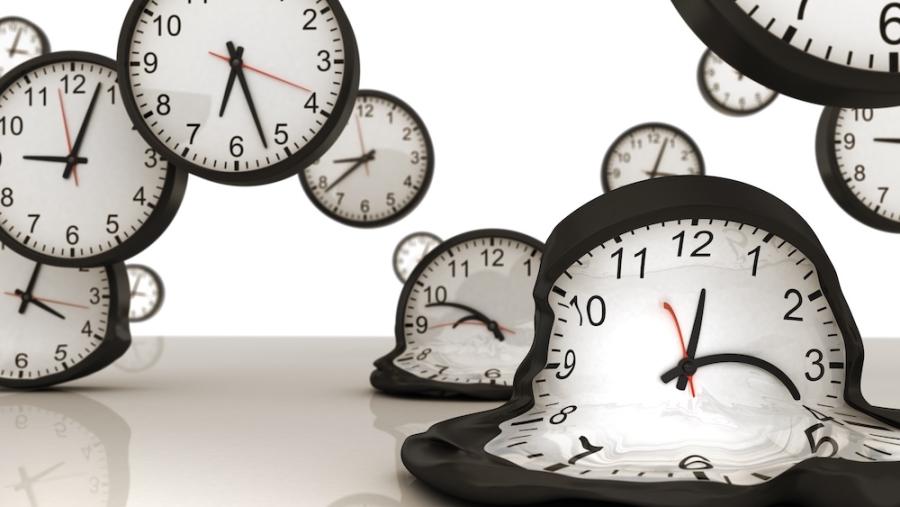
National Gallup data showed Americans experienced multifaceted time disorientation that heightened COVID-19 stressors and lessened our mental state.
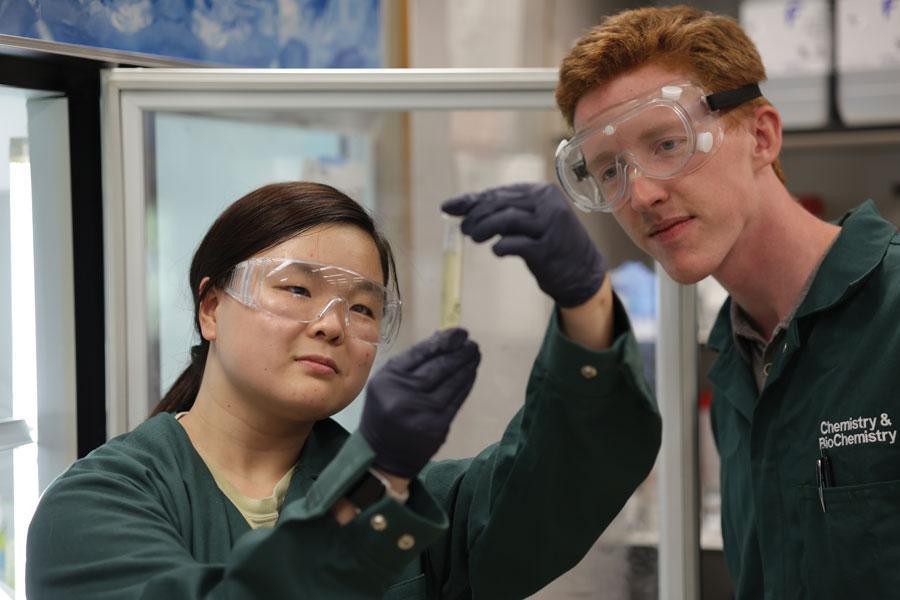
A spotlight on research growth since the launch of Baylor's strategetic plan, Illuminate.
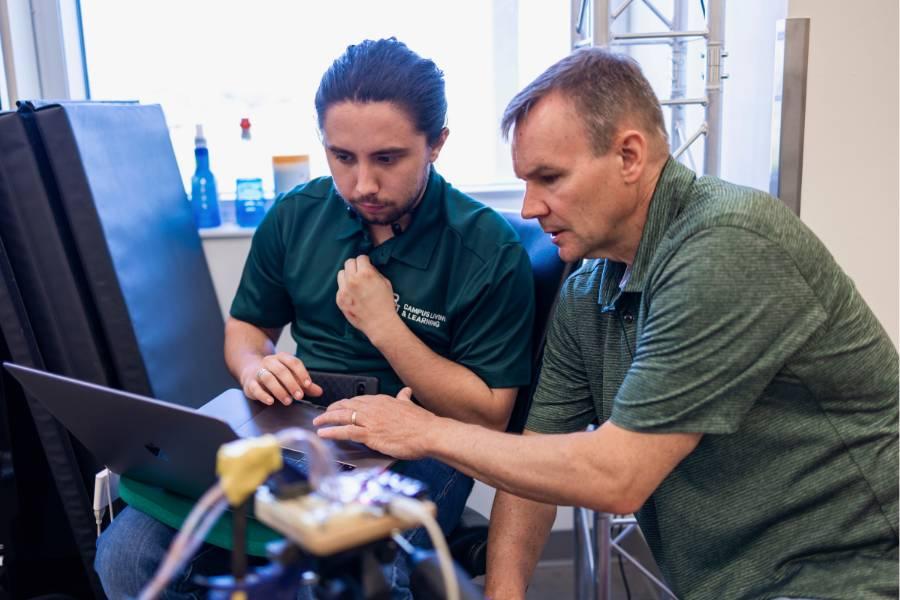
Initial findings indicate Baylor researcher’s mechanical horse therapy invention reduces fall risk among seniors.
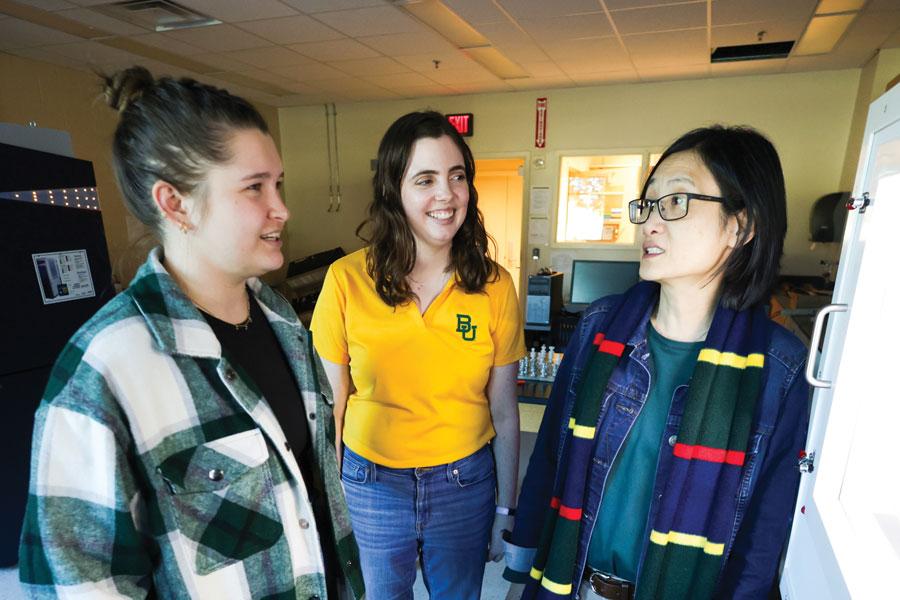
Baylor professors and students discuss mentorship in the Baylor Graduate School.
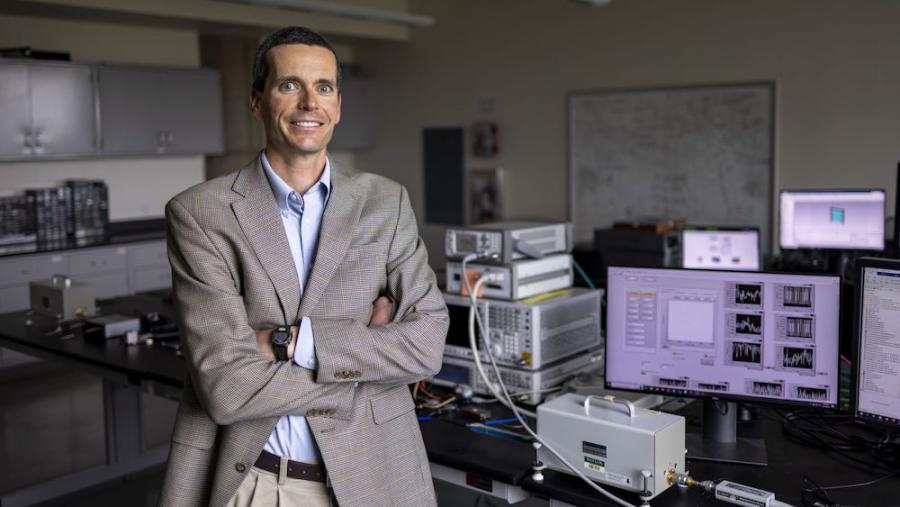
Engineering professor Charles Baylis, Ph.D., to lead multi-institution efforts at $5 million research center.
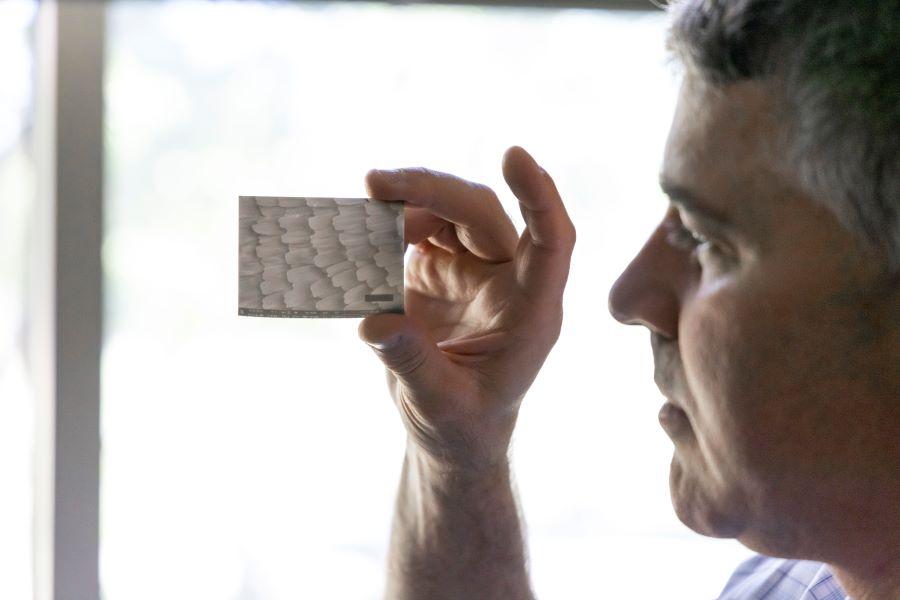
Science Advances cover story highlights how chemistry professor Bryan F. Shaw, Ph.D., and team of researchers are advancing efforts to make science accessible to individuals with blindness or low vision
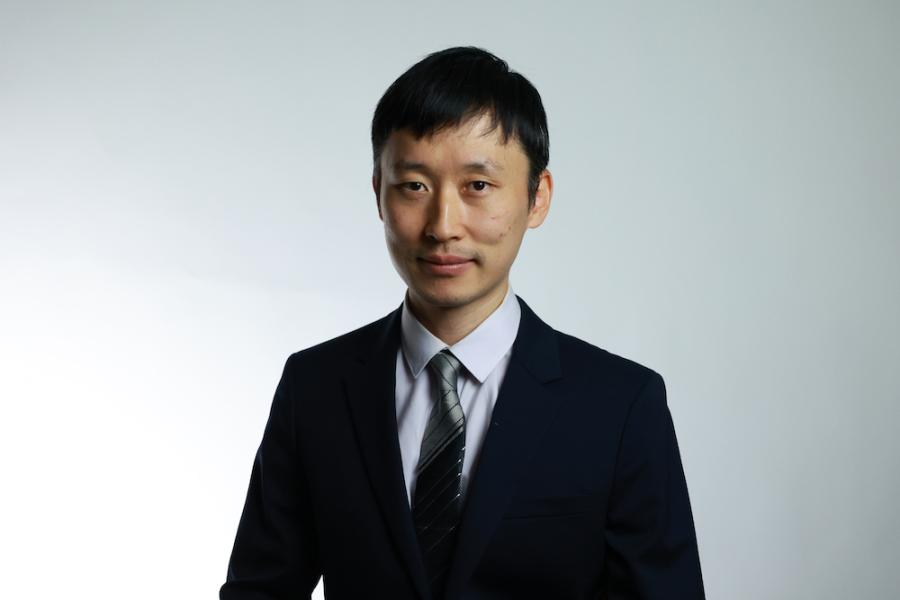
Jeehoon Han, Ph.D., from Baylor's Department of Economics among researchers whose analysis challenges common misconceptions about short- and long-run changes in poverty
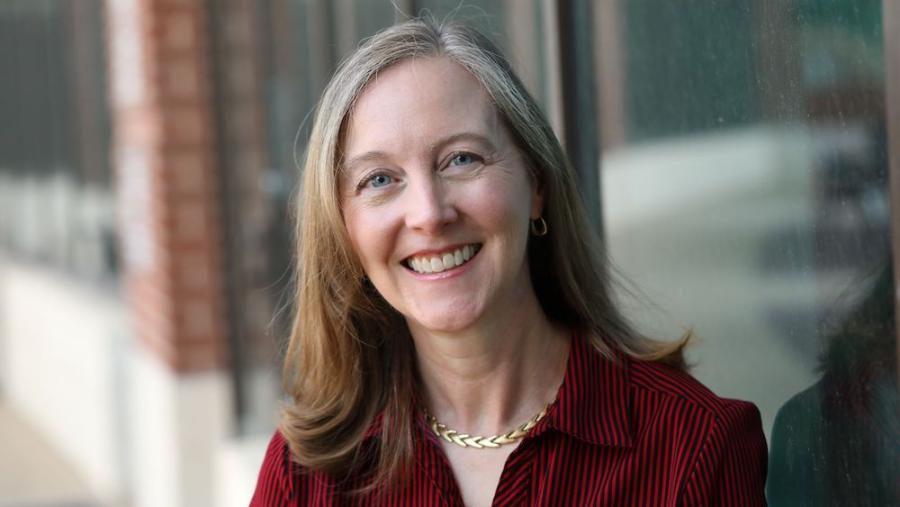
Longtime researcher recognized for significant contributions to physics through research, teaching and mentorship.
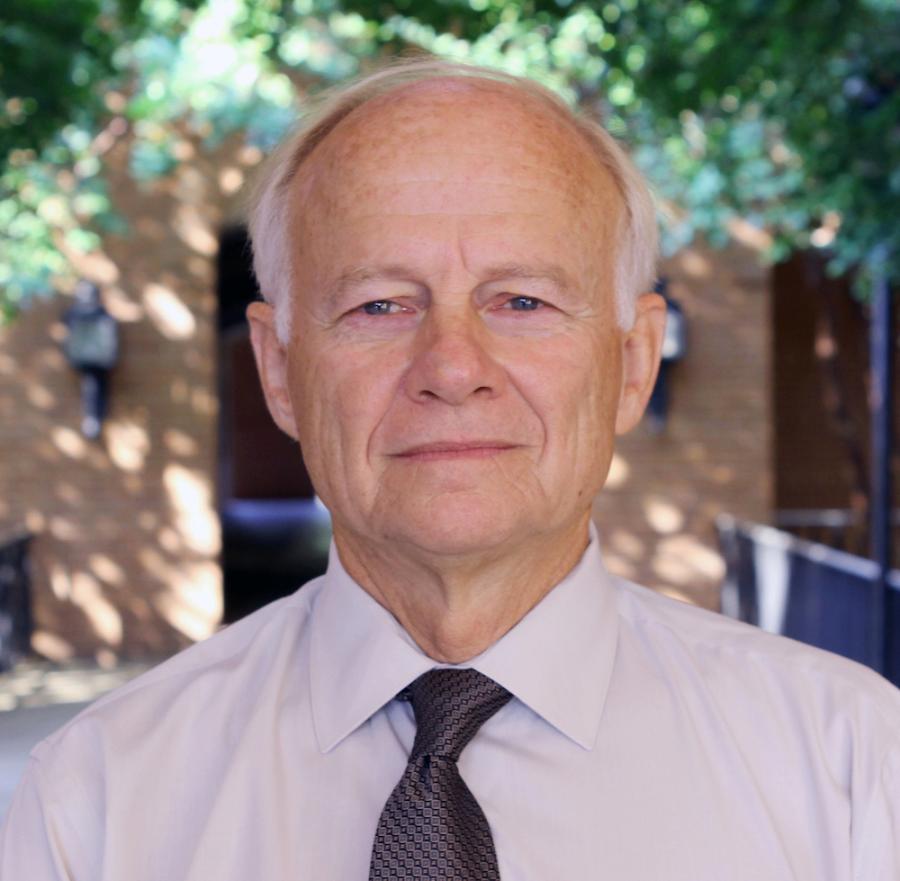
Lee Nordt, Ph.D., professor of geosciences and dean of the College of Arts & Sciences at Baylor University, participated in a historic, comprehensive study on the relationship between climate and CO2.
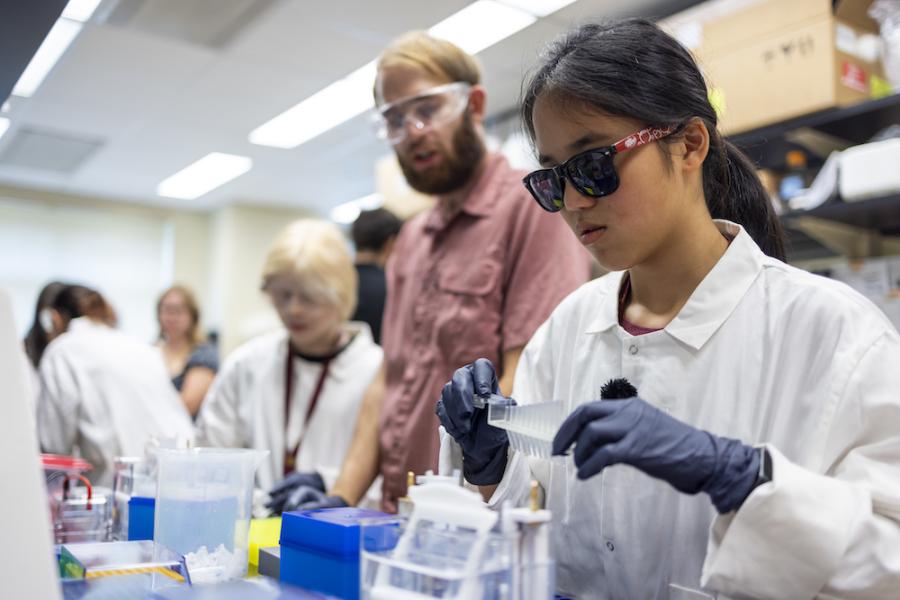
“The lab is the final frontier of learning,” Bryan Shaw, Professor of Chemistry, tells NBC. “So, if you don't make the lab accessible, you're not really making science accessible.”
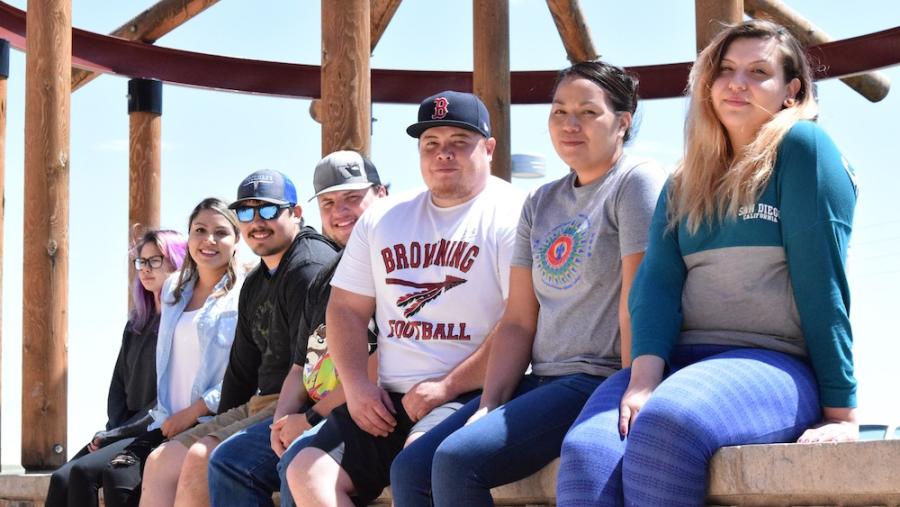
Understanding how social connectiveness mitigates the effects of historical and childhood trauma.

Baylor positive psychology researchers offer methods to increase gratitude and empathy.
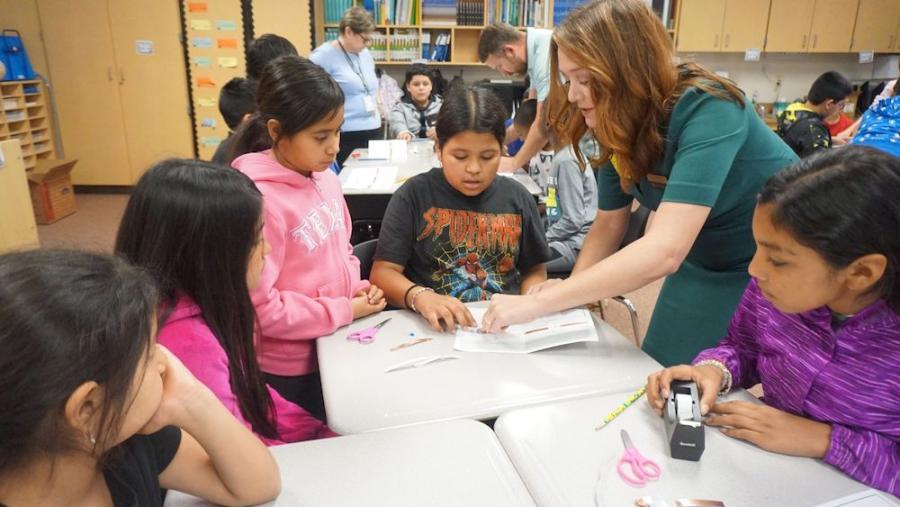
Baylor research faculty engage students at area elementary, middle and high schools through hands-on projects to illuminate interest in STEM education
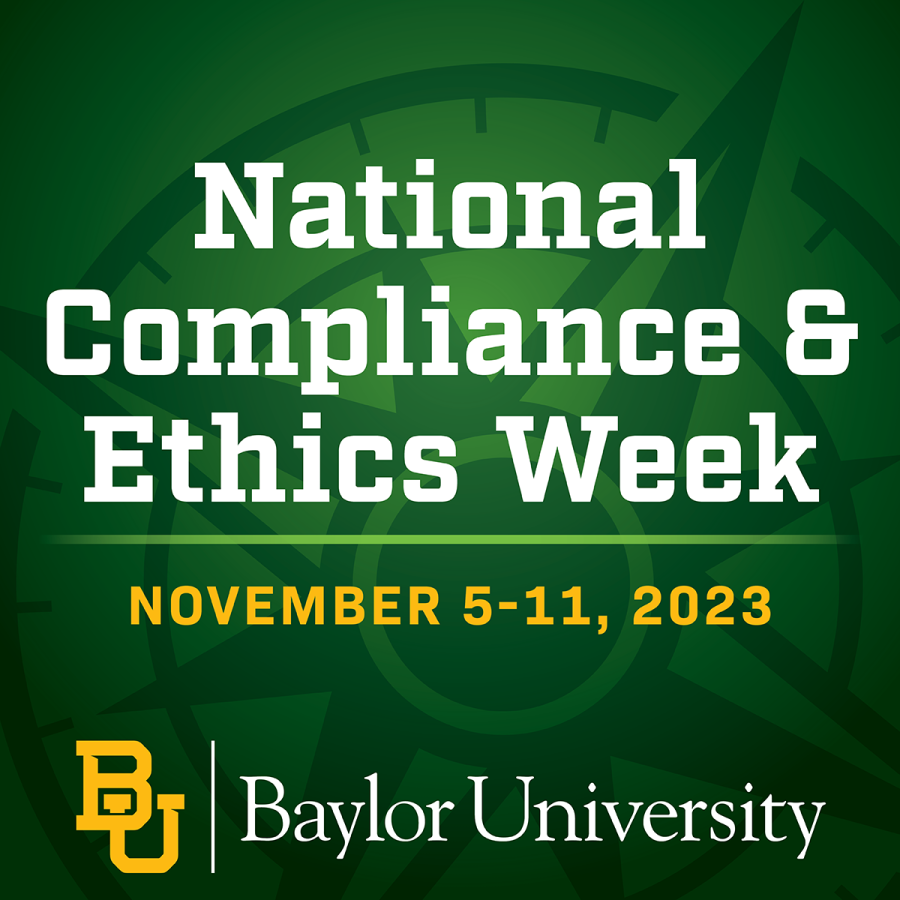
On National Ethics & Compliance Week, Deborah Holland shares how research compliance efforts advance faculty research and protect everyone involved. Holland serves as Assistant Vice Provost for Research in Research Compliance.

Brian Kim of Baylor Finance surveys how government regulation influences a corporation’s handling of their cash holdings.
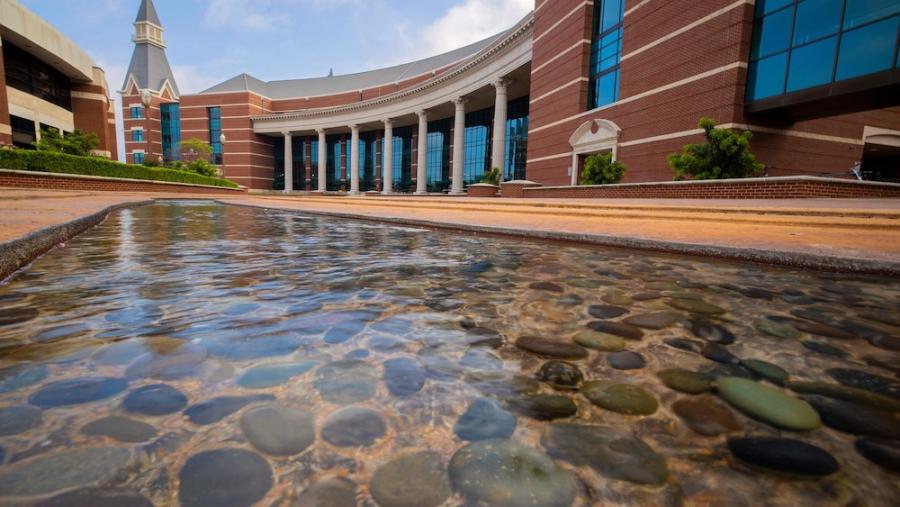
Virtues researcher and psychology professor Sarah Schnitker, Ph.D., founds Baylor Research in Growth and Human Thriving Science (BRIGHTS) Center
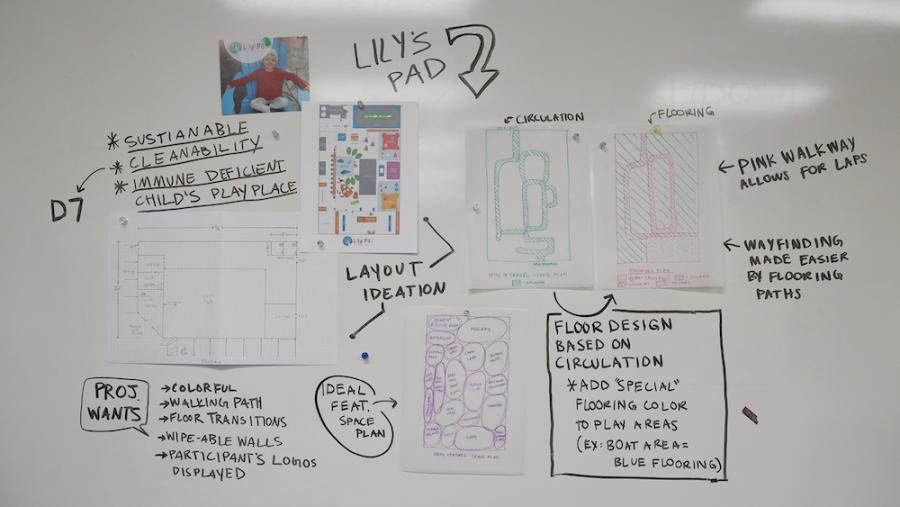
Researcher Debra Harris provides research support to projects focused on improving the lives and safety for all ages.
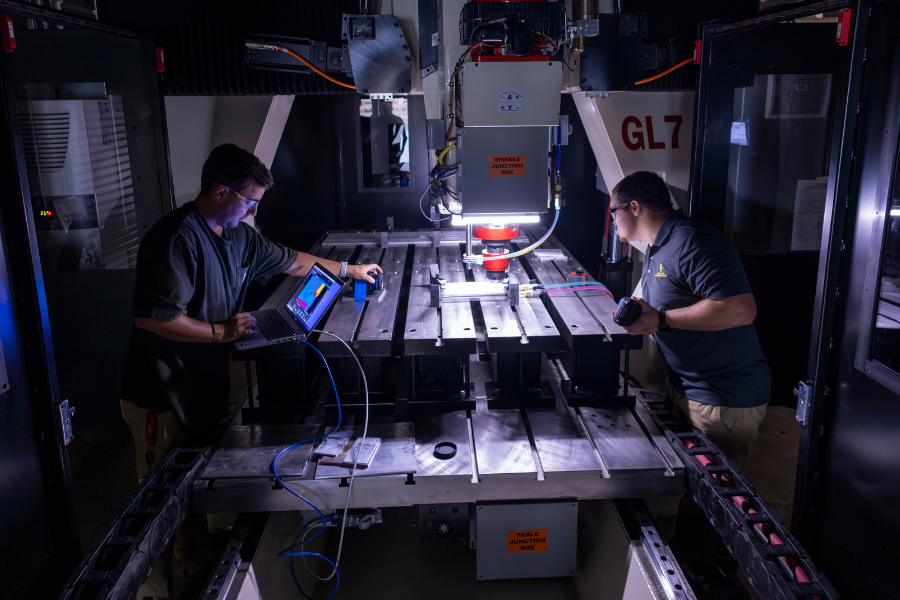
Space junk may soon have a new lease on life, thanks to researchers from Baylor University’s School of Engineering and Computer Science (ECS) and other entities, through $3 million NSF grant.
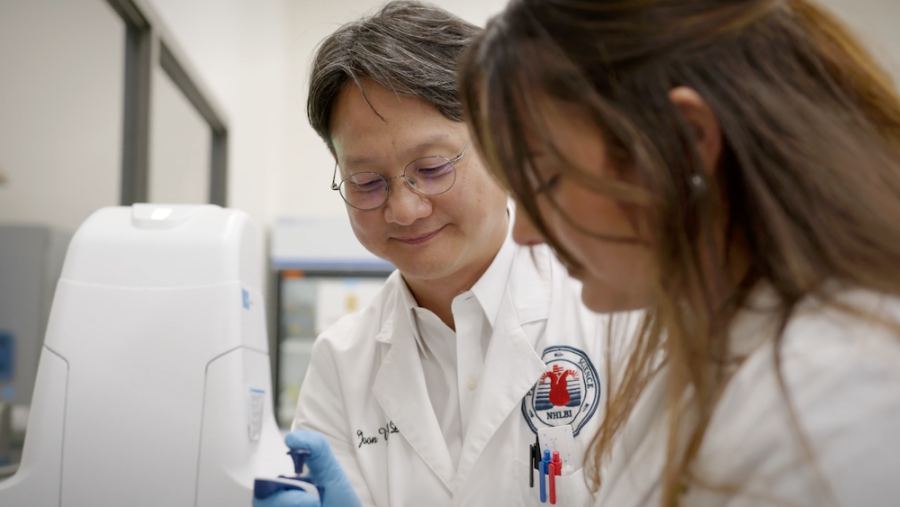
Baylor University researcher Joon Park, PhD, strives to redefine exercise at the cellular and tissue levels. He is looking under the skin to understand how it benefits our mitochondria and improves our health.

Baylor partners with the City of Waco to pilot a near-zero emission, multi-fuel combustor that transforms local waste with minimal processing into ultra-clean energy.
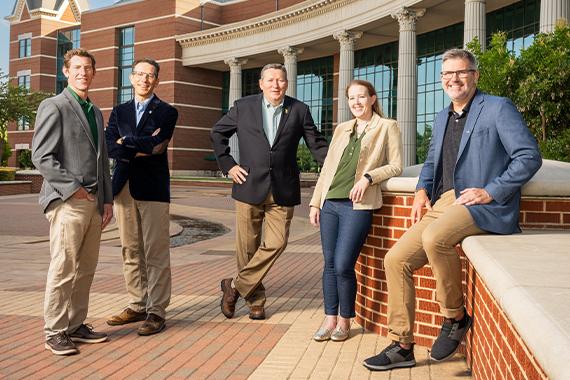
It’s a stark statistic: for 70 percent of the planet, water security is a concern. Baylor’s environmental scientists, biologists, statisticians and computer scientists are compelled to meet this basic need, joining forces through innovative projects to ensure access to clean water globally.
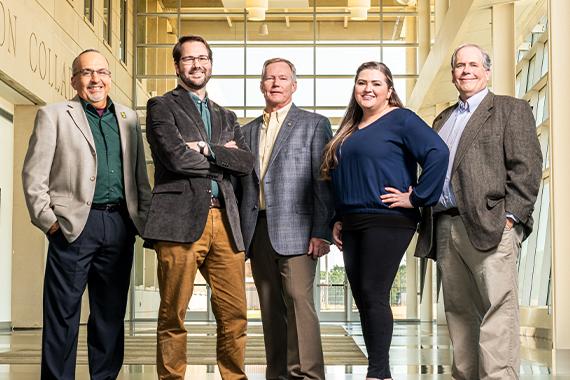
Baylor chemists form the tip of the spear in cancer research, probing natural products and molecules whose anticancer agents can be strengthened in tandem with others. Their research has driven drug leads and new approaches to advance their discipline.
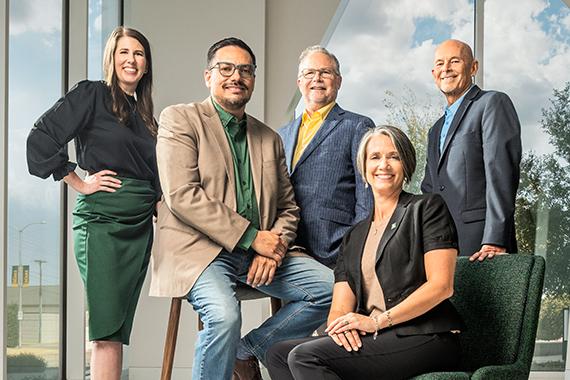
Baylor researchers are distinctly called to promote human flourishing, motivated by compassion and a conviction that every life deserves dignity. Their research addresses acute challenges and builds foundations and tools that enable individuals and societies to flourish.
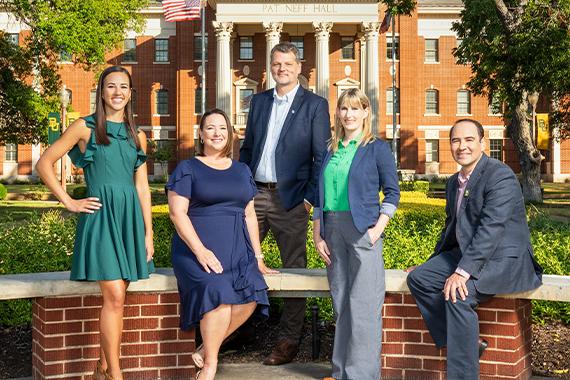
In education, psychology and communication science, there’s a synergy among Baylor researchers whose work addresses developmental disorders. Motivated by a belief that everyone’s contribution is indispensable, their work creates paths for treatment and inclusion.
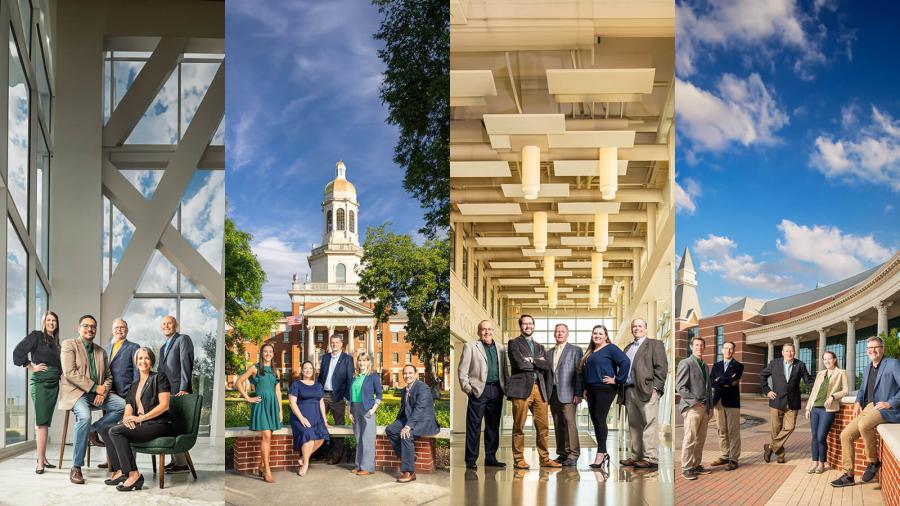
“Collaboration for a Higher Purpose” highlights the Baylor’s distinct Christian mission and the culture of collaboration across the University that continues to elevate Baylor’s research output and impact
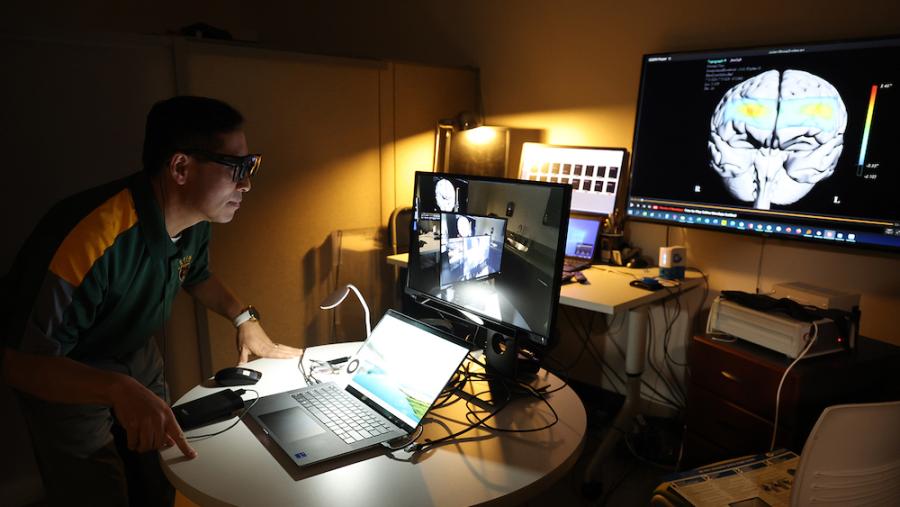
Concussions have become an epidemic in the United States. Jungjun Park of Baylor Communication Sciences and Disorders is collaborating to develop a detecting tool that is intuitive to use and provides on-site test results.

Top university patent holders ranked in annual report from the National Academy of Inventors and Intellectual Property Owners Association
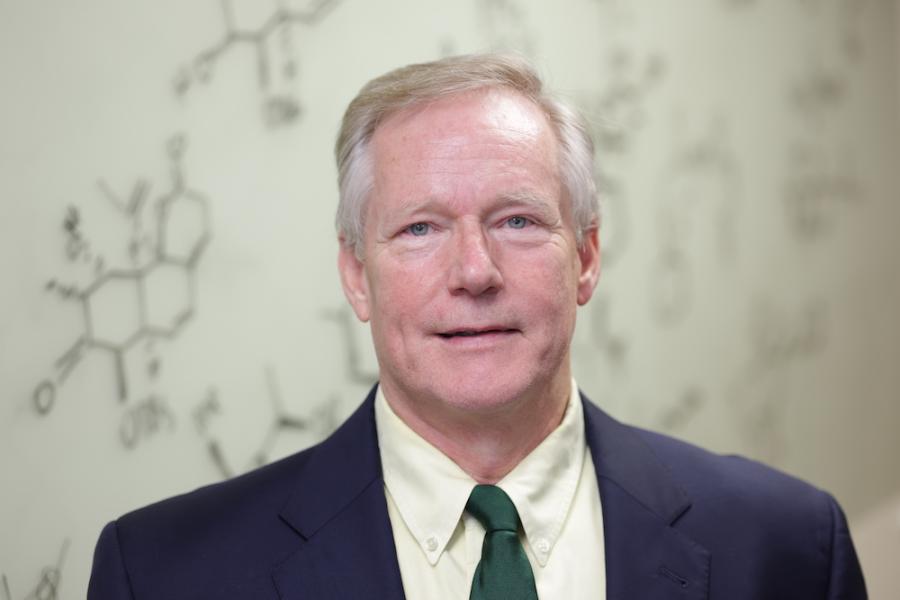
The American Chemical Society honors John L. Wood, Ph.D., for outstanding achievement in the analysis, structure elucidation and chemical synthesis of natural products.
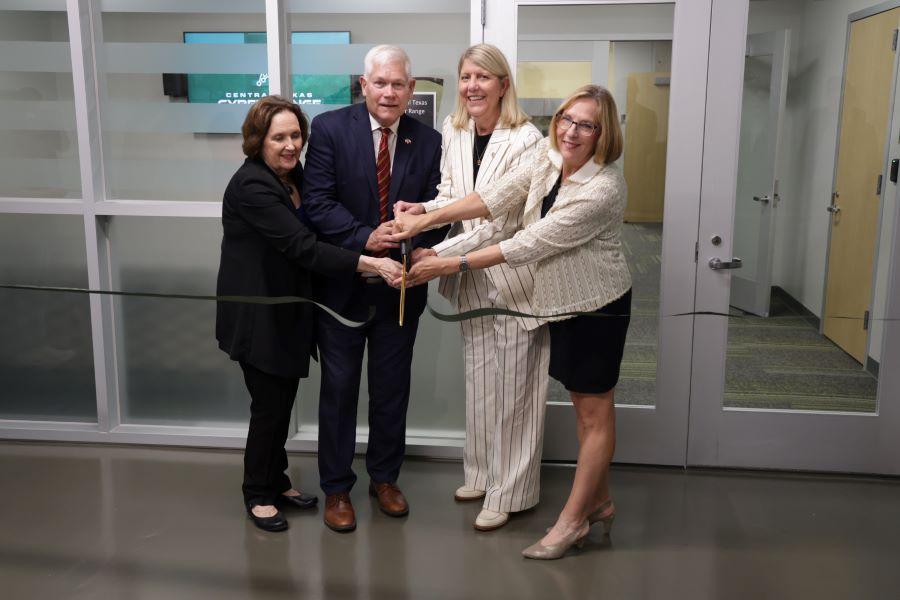
Central Texas Cyber Range, a $3.5 million partnership between Baylor University and McLennan Community College, is designed to address current and future cybersecurity needs
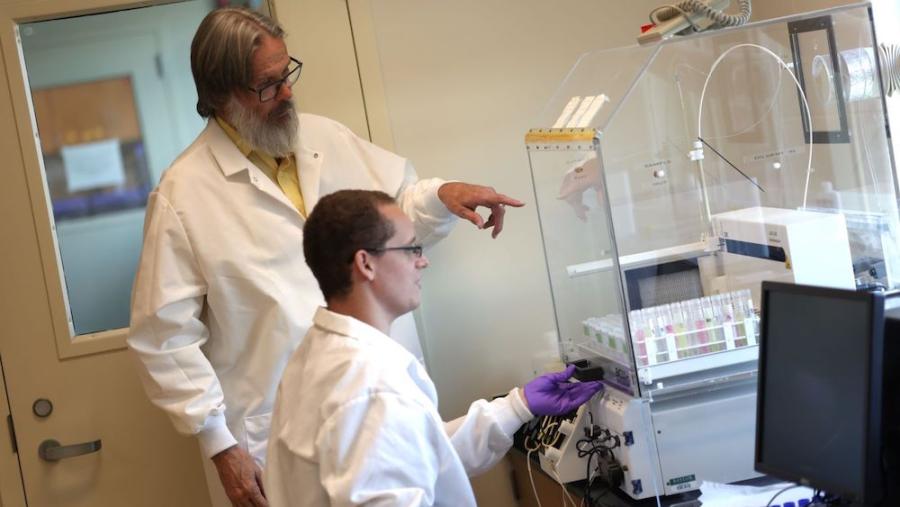
George Cobb, Ph.D., leads committee that provides independent scientific advice and recommendations to the EPA for chemicals regulated under the Toxic Substances Control Act.
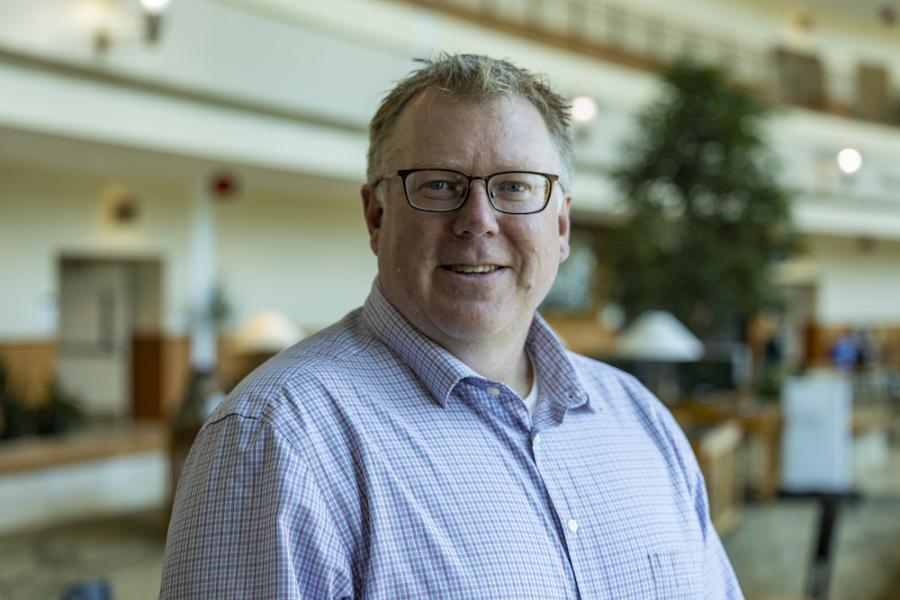
Michael A. Trakselis, Ph.D., professor and director of graduate affairs for the Department of Chemistry and Biochemistry had to overcome 2 barriers to conduct his groundbreaking research on DNA enzyme.
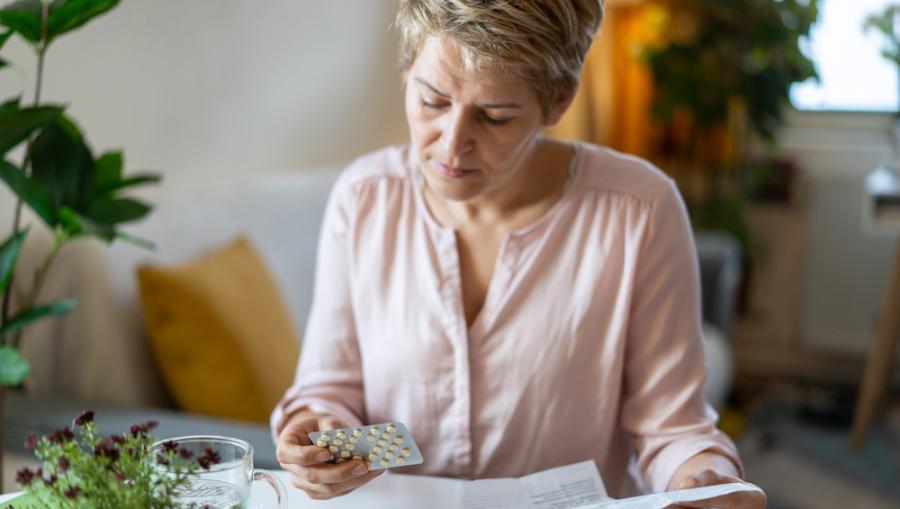
Reliable treatment for hot flashes needed for menopausal women and breast cancer survivors, say Baylor University researchers.
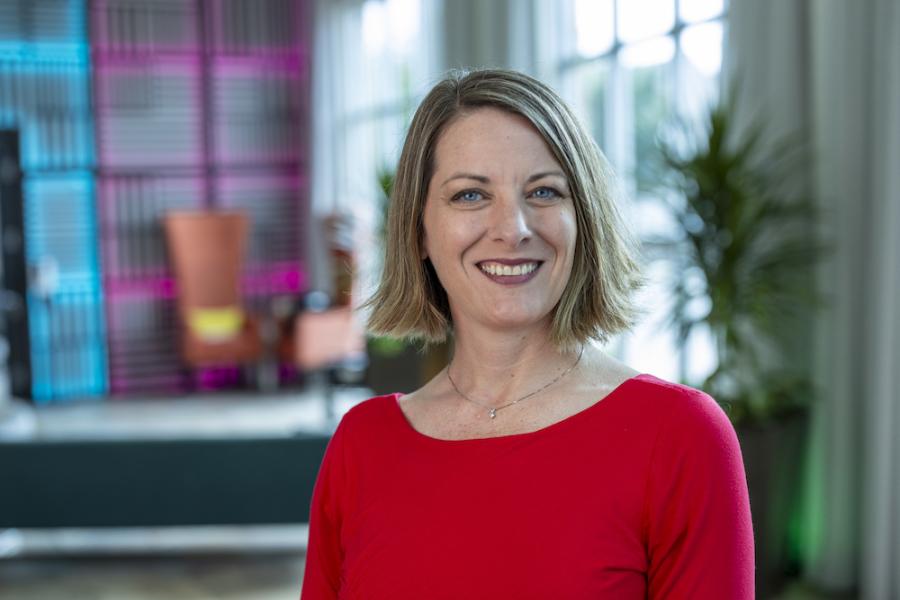
Baylor researcher Sara Perry, Ph.D., examines dynamics of workplace safety enforcement in Journal of Management study.

Largest funded research project in Baylor history at $43.4 million over five years to share first wave of data collected from more than 200,000 individuals in over 20 countries.
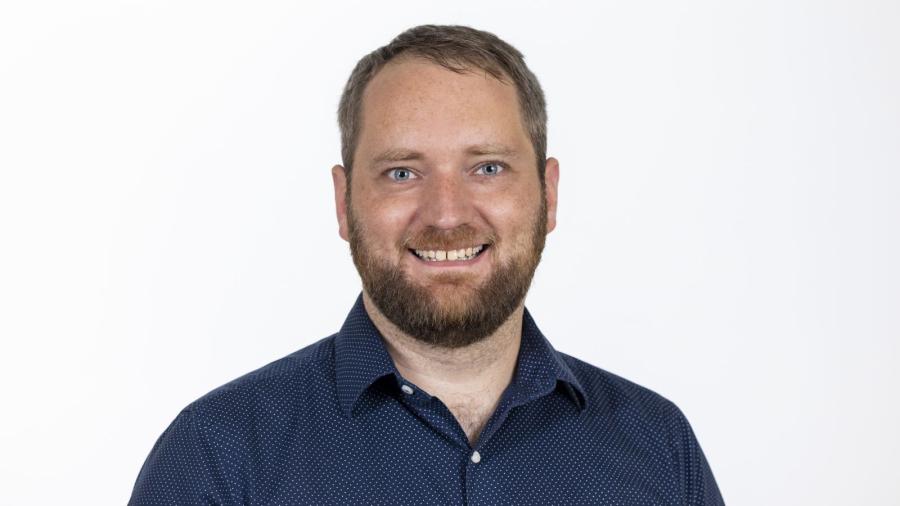
Joining Baylor from Duke University, Benjamin Rose, Ph.D., will serve as co-principal investigator on a project infrastructure team preparing space telescope for use by 2027.
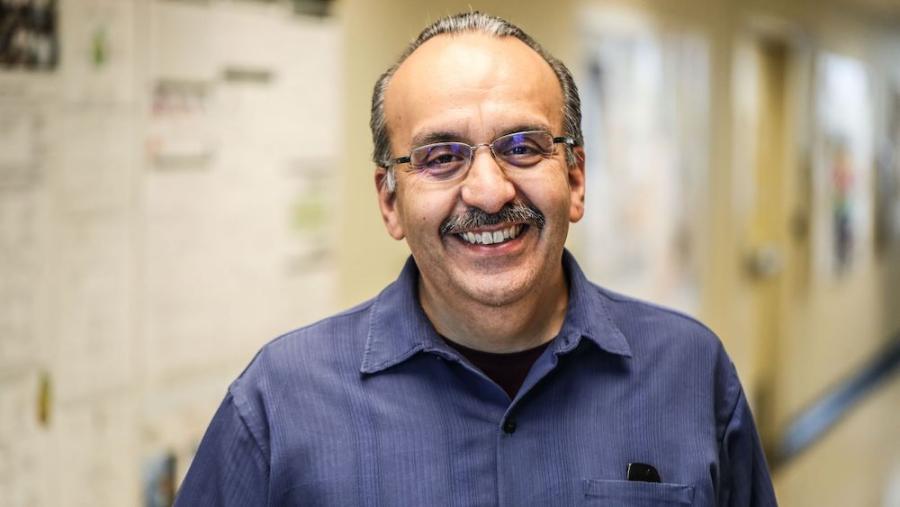
Daniel Romo, Ph.D., provides synthetic chemistry expertise on international team’s $1 million NIH grant to develop treatment for hypoxic-ischemic brain injury
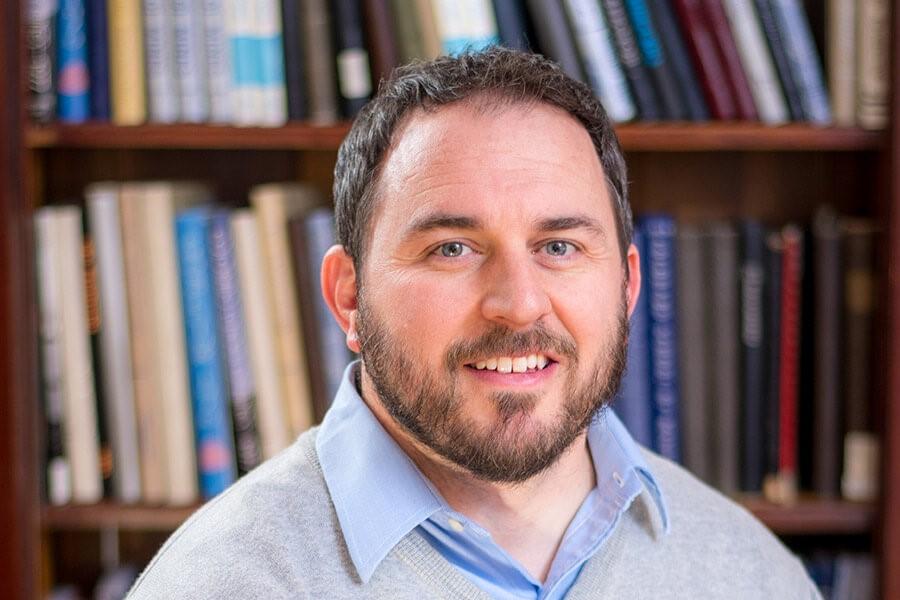
Leading interdisciplinary materials science researcher joins Baylor from the Colorado School of Mines, with a focus on innovative research and teaching in the area of materials science.
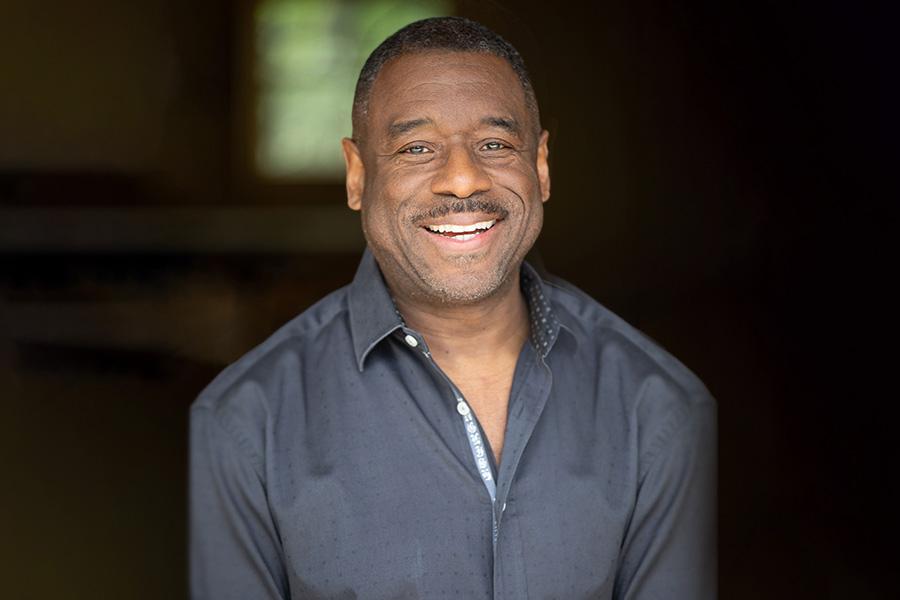
Renowned scholar and composer will provide leadership and scholarship in the study and preservation of Black gospel music through Baylor’s Black Gospel Music Preservation Program.
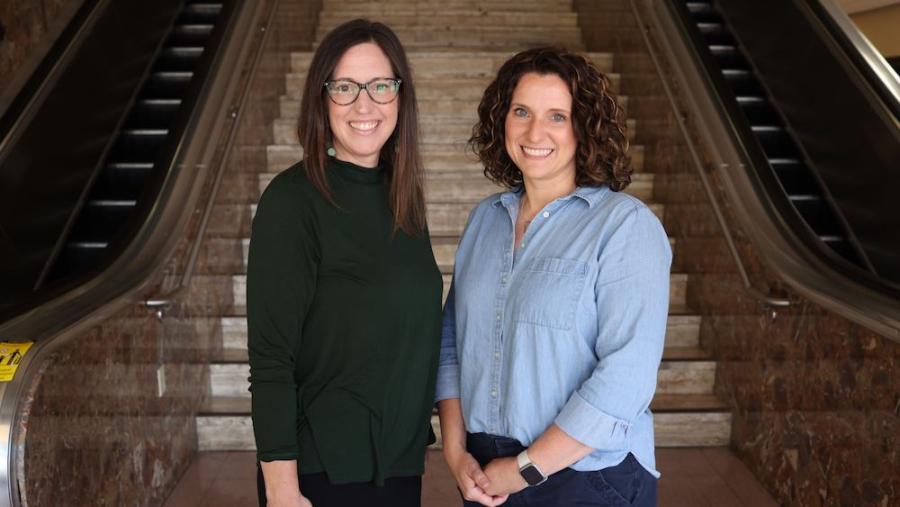
Department of Education grant builds on longstanding partnership between Baylor University, Waco ISD and Transformation Waco schools to prepare future school mental health professionals and enhance mental health services.
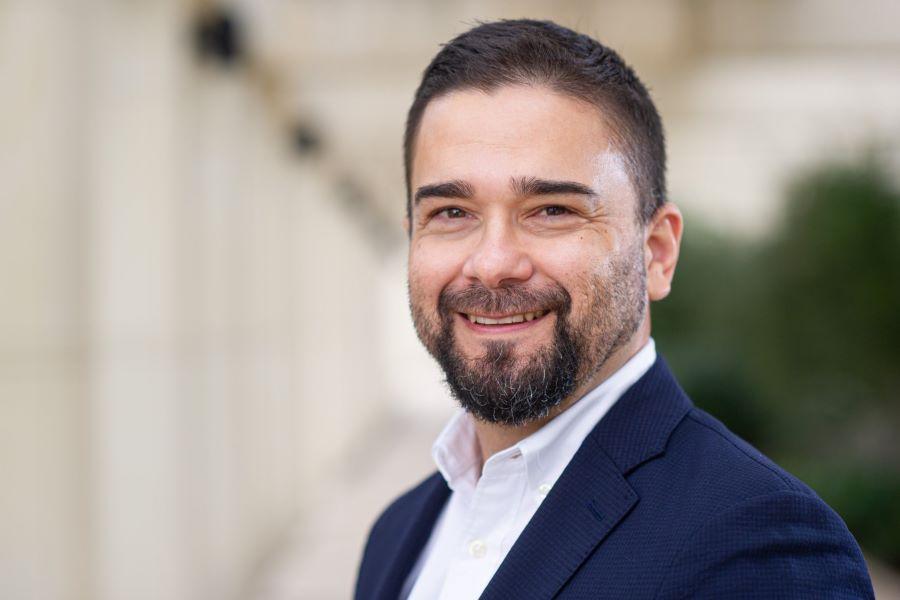
Texas A&M history professor, assistant provost for Hispanic Serving Institution initiatives will provide additional leadership for Baylor in Latin America initiative.
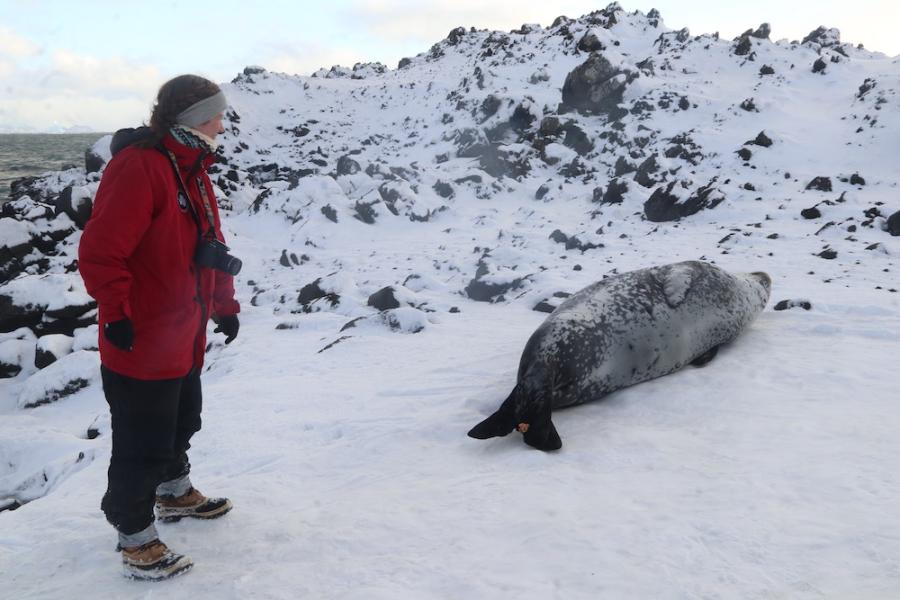
Baylor research team breaks new ground and establishes baseline data on cortisol levels in leopard seals, mysterious apex predators in Antarctica.
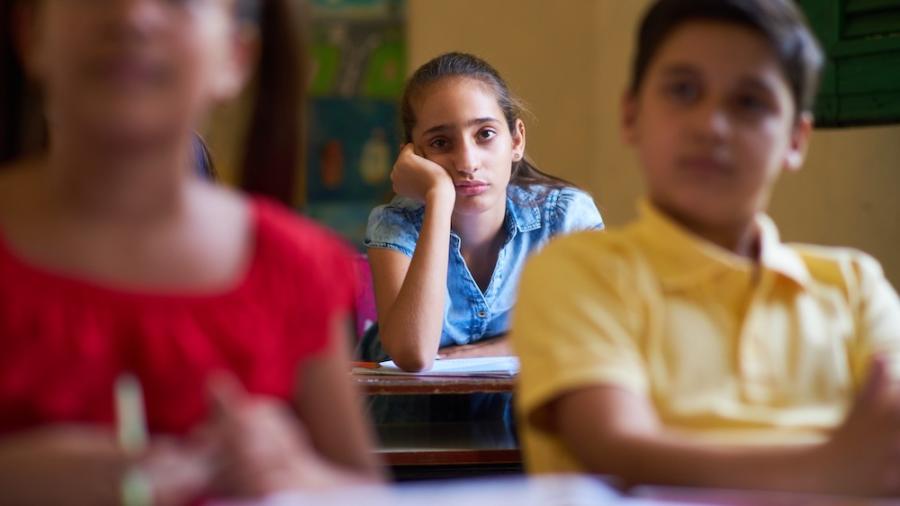
Evidence suggests maternal incarceration is a risk factor for adolescents’ depression and withdrawal, as well as substance abuse and delinquency. Baylor study advances understanding in how it affects sleep patterns, dietary behaviors and physical activity.
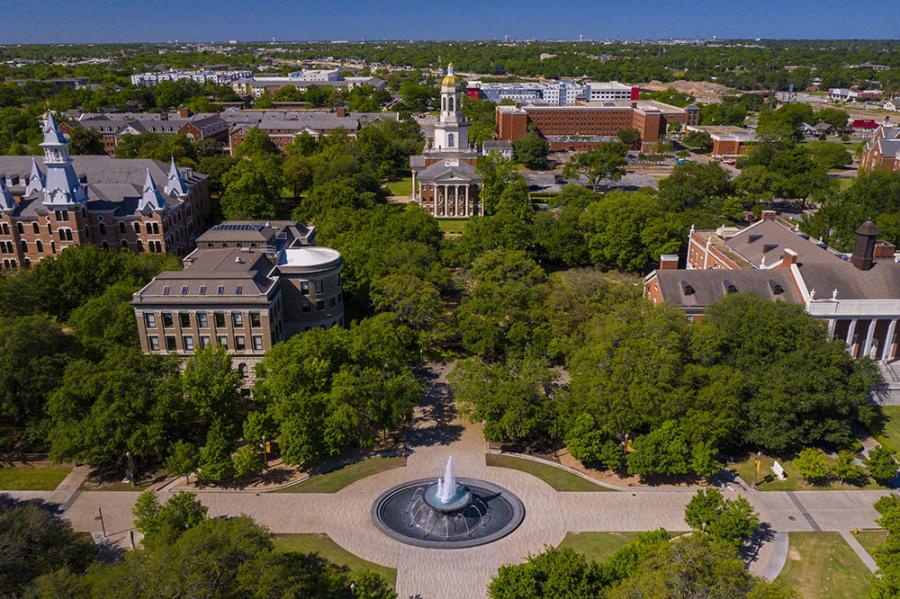
Baylor OVPR welcomes 13 new team members with over a century of experience to bolster faculty support and enhance University's research infrastructure.
Endowed chairs attract top researchers and scholars to Baylor. Many of these positions are made possible by the generosity of the Baylor Family through the Give Light Campaign.
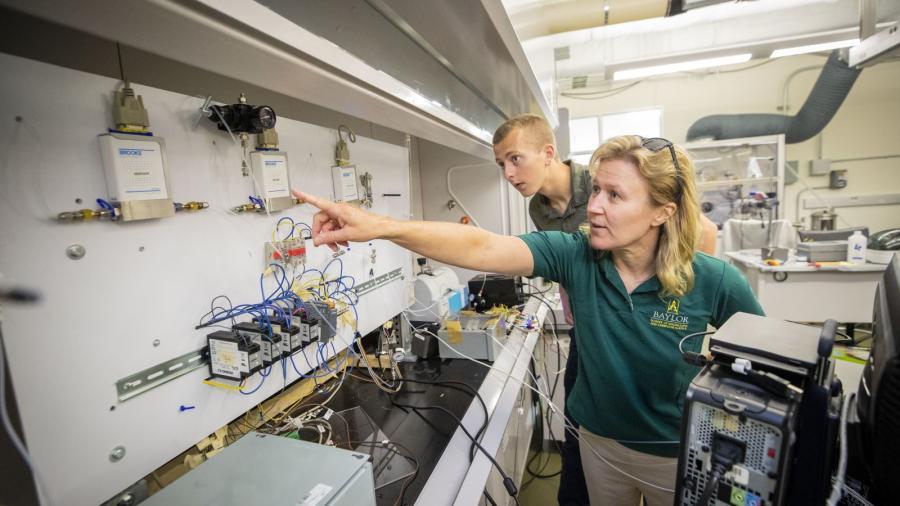
In a database compiled by Stanford University, 35 current or retired Baylor faculty members appear among the top 2% of the most-cited researchers across 22 disciplines.
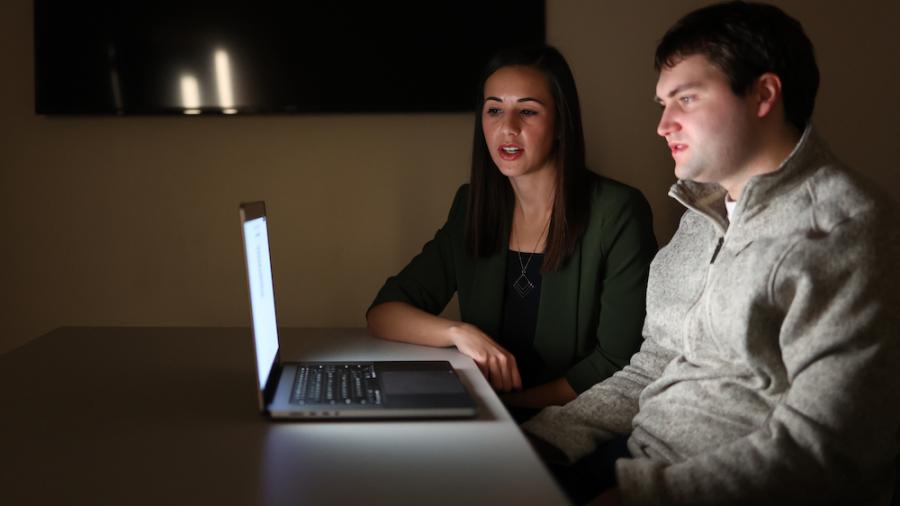
Baylor University researcher Alison Prahl is exploring how the use of functional text (emails, text messages, etc.) can optimize literacy outcomes for young adults with intellectual and developmental disabilities (IDD)
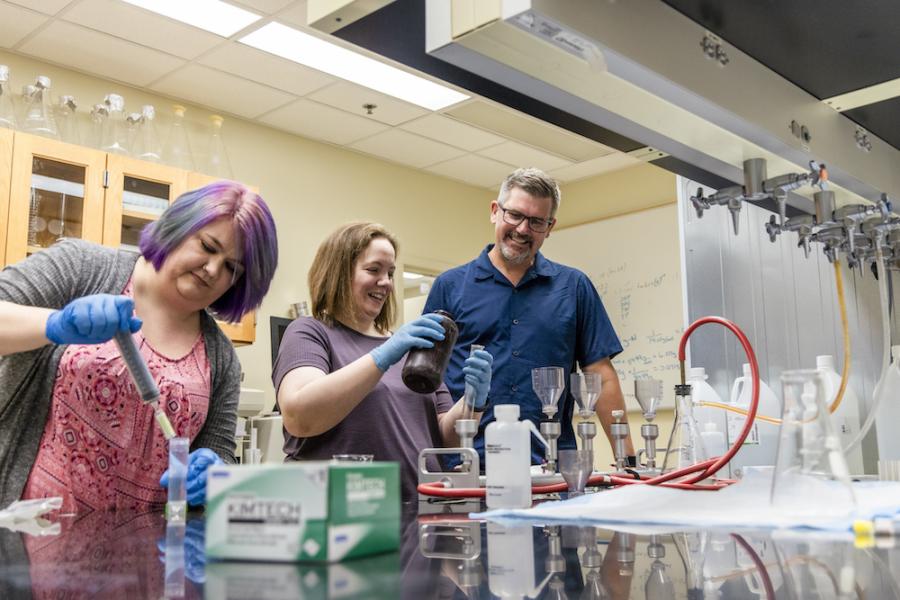
What happens when undergraduates, graduate students and postdocs collaborate in a lab under the guidance of top-notch Baylor faculty? There's a type of learning that can't take place any way else.
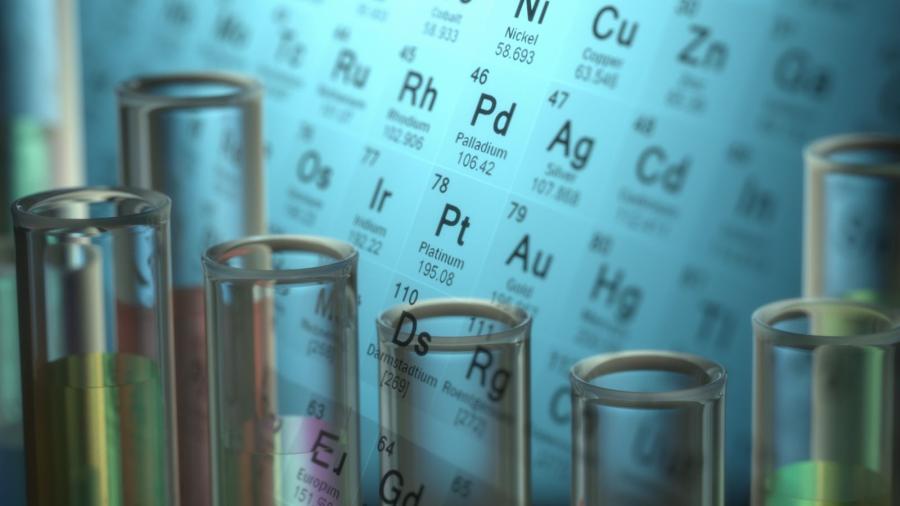
Findings from the first-ever challenge of elemental analysis validity sparks conversations among journal editors, chemists.
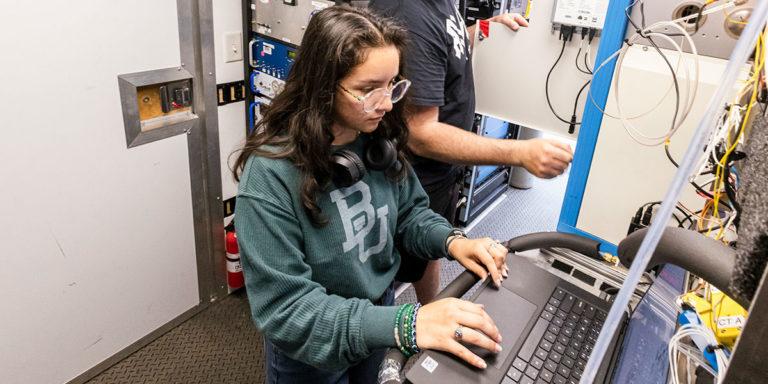
When Baylor students return to campus for the start of the fall semester, many will back experiences gleaned from real-world research opportunities over the summer. Meet three students with experiences at NASA, addressing challenges in their home community and working on a Baylor research project.

The research team’s findings, “Chronotype in college science students is associated with behavioral choices and can fluctuate across a semester,” were recently published in the journal Chronobiology International.

Recent Sociological Focus study explores connection between tattoos, religiosity and deviance

Scientists use old-fashioned art form and 3D printing to make major advance in eliminating exclusion of individuals with blindness or low vision from chemistry and other life sciences, published in Science Advances.
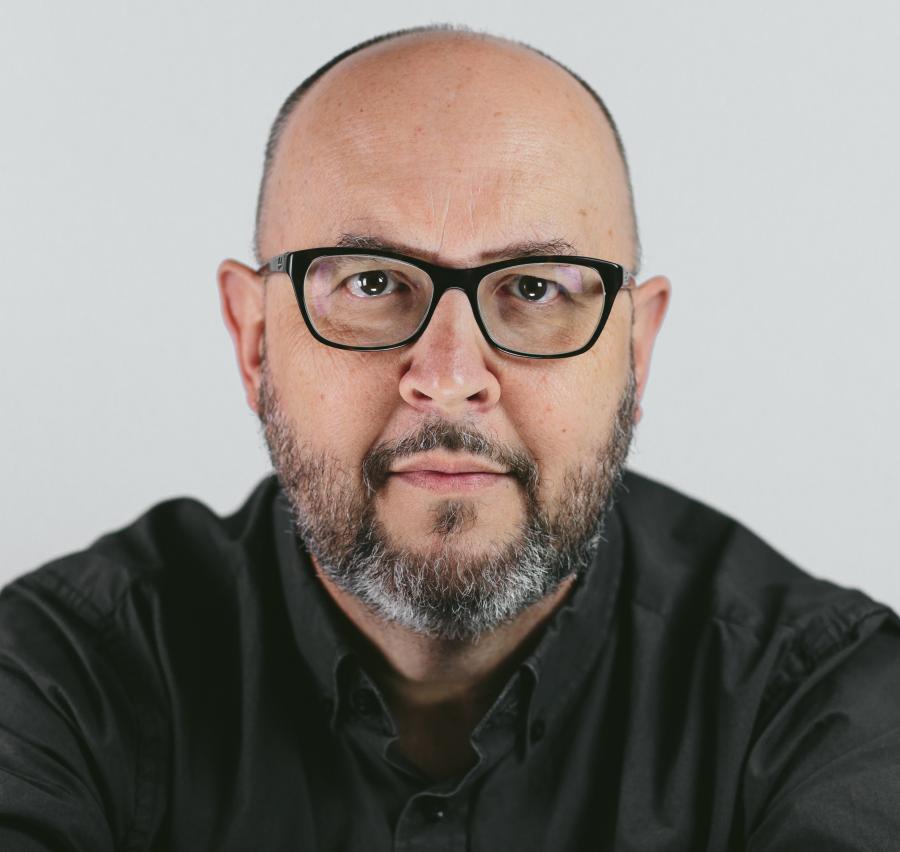
Jacobs will build on decades of scholarship to promote deep study of the relationship between faith and knowledge and ensure Baylor is a national leader in dialogue concerning the intersection of faith and learning in higher education.

Smartphone researchers Meredith E. David and James A. Roberts have investigated the correlation between the “flow states” – or happiness experienced by individuals – while using Instagram and TikTok and psychological well-being.
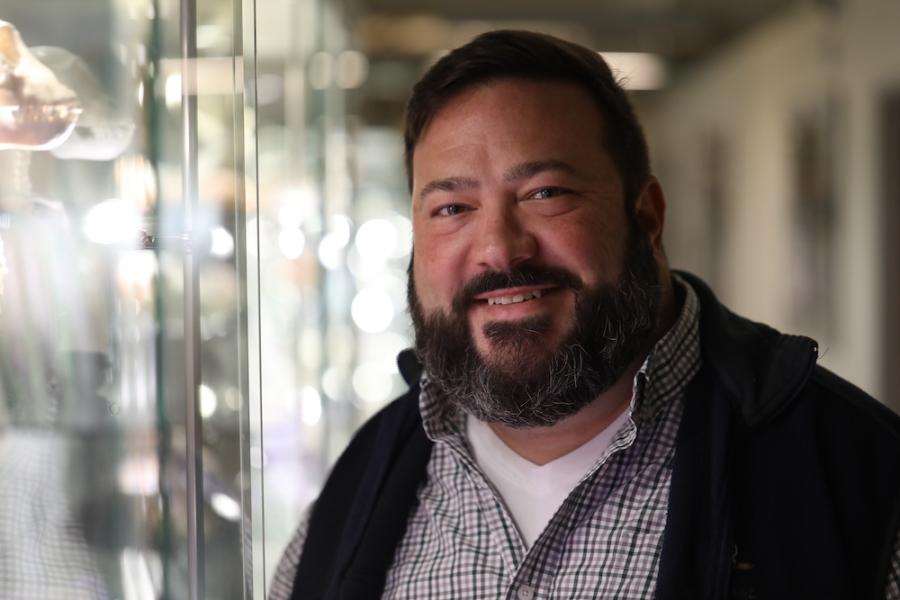
Baylor biological anthropologist Michael Muehlenbein, Ph.D., seeks to understand the medical, social and psychological factors involved in a long-term pandemic response.
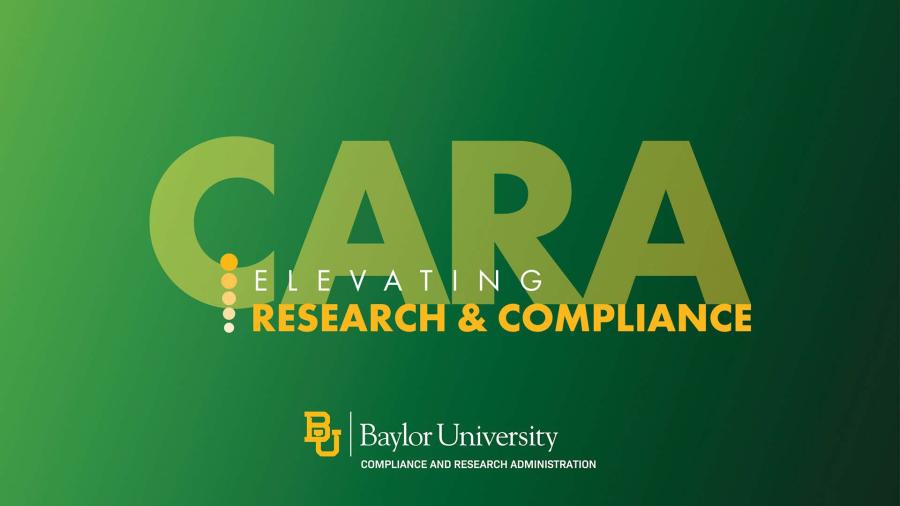
In less than two months, Baylor’s research enterprise will take a significant step forward with the implementation of a new electronic research administration system. CARA will enhance Baylor’s capacity to support the University’s dramatic research growth.
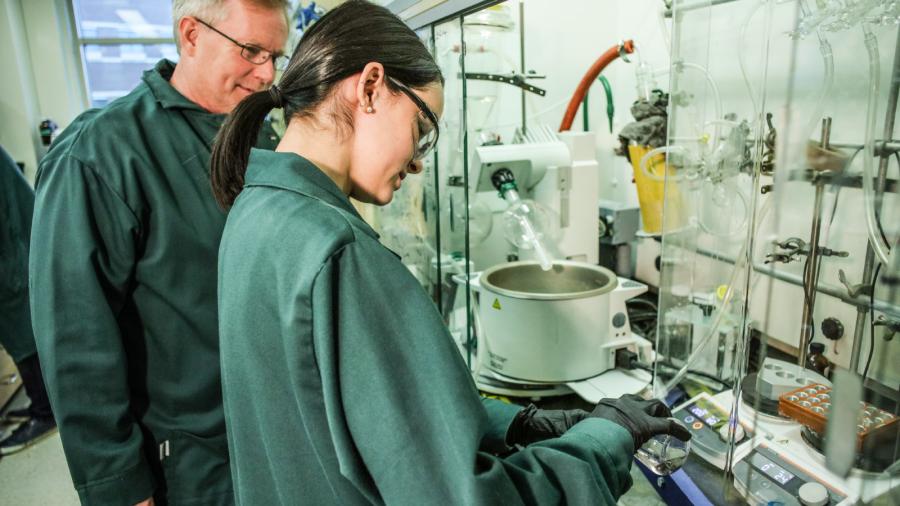
Baylor cancer researchers know they are playing a very long game in the fight against disease--so they focus on mentoring students to whom they will pass the baton.
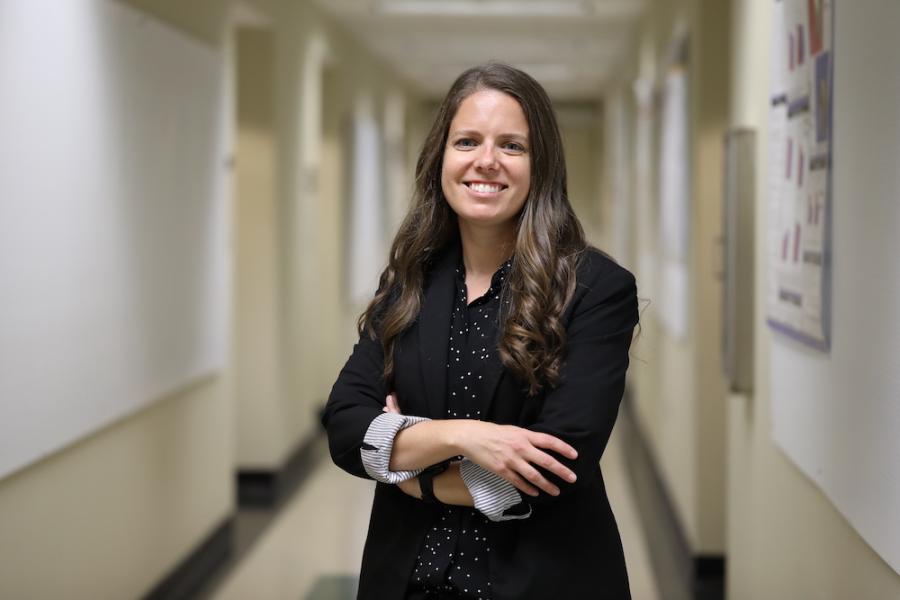
Psychology and neuroscience researcher Annie Ginty earns award from the Federation of Associations in Behavioral and Brain Sciences.
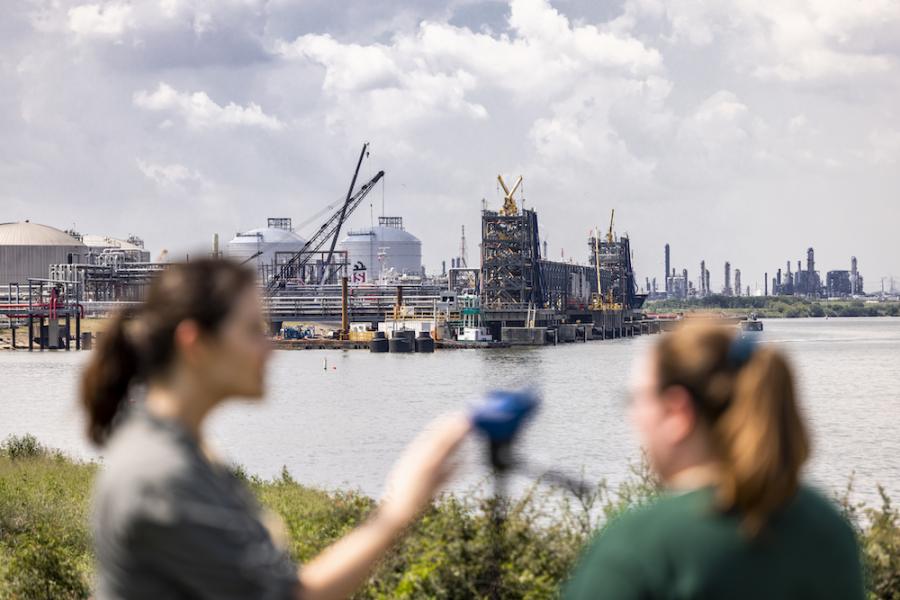
Baylor researchers Rebecca Sheesley and Sascha Usenko serve as co-investigators on $890,000 Department of Energy grant gathering data around the Houston metro area to understand the relationship between pollution and specific weather events.

The Baylor Collaborative on Hunger and Poverty advances research and projects with a goal of ending hunger. Discover how partnerships with the USDA and more have scaled their efforts in Texas to feed five million children in 38 states while growing systemic approaches to counter the factors that lead to food insecurity.
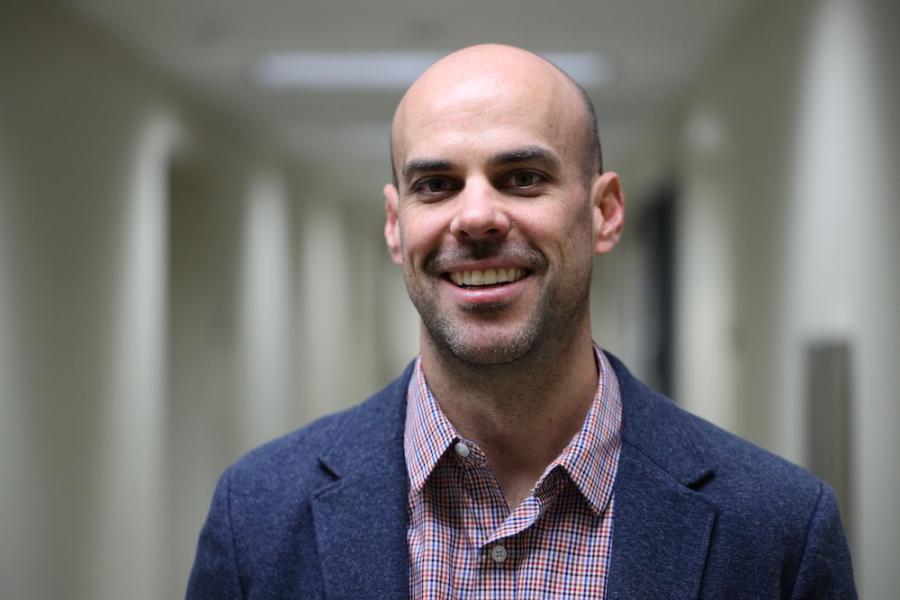
Something as simple as a grass can fundamentally change the understanding of life in the prehistoric world, as demonstrated through a pair of studies funded by the National Science Foundation and published in the journal Science.
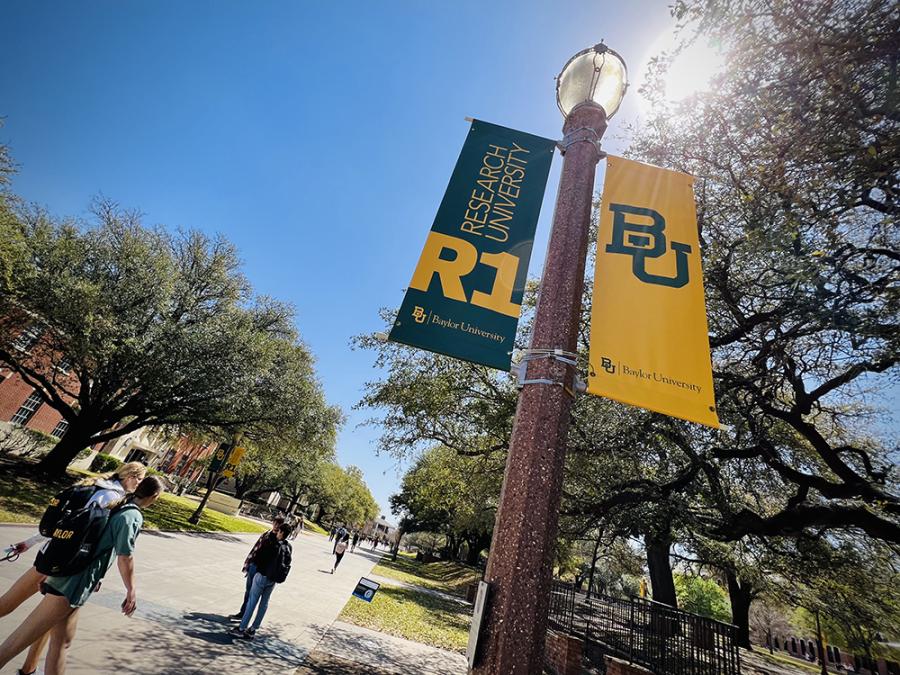
Baylor's R1 status is far more than an elite club or glossy résumé item. It positions Baylor to have a significant impact around the world. Baylor faculty explain what that means to them in Baylor Magazine.
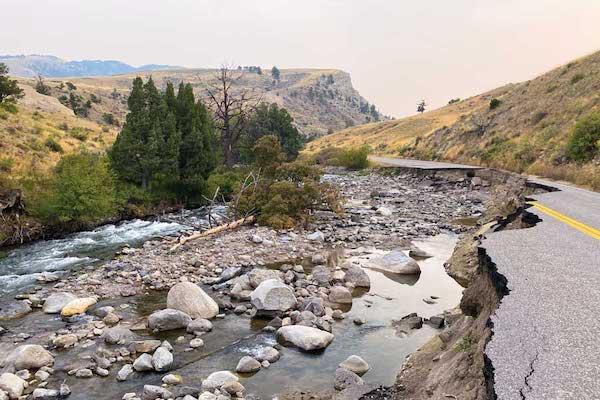
For one Baylor researcher, a disrupted Yellowstone vacation sparked research to serve communities cut off from their livelihood by natural disaster.
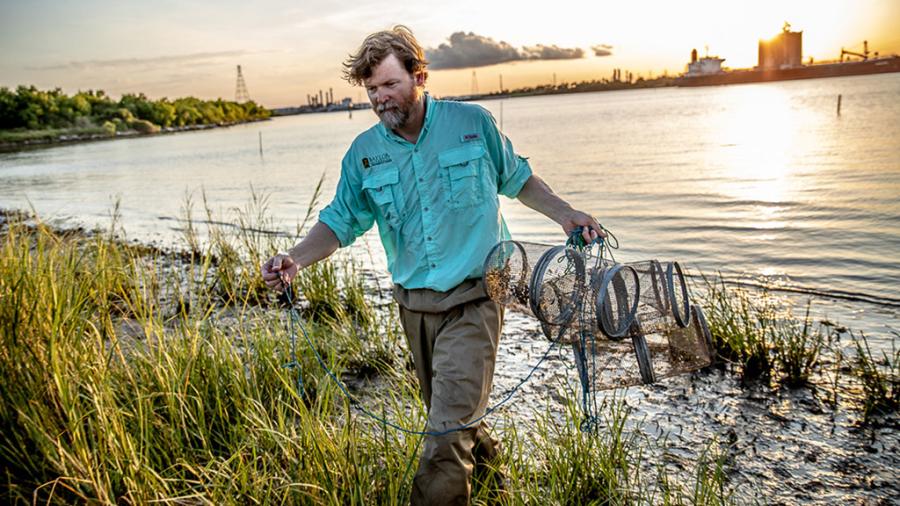
The waters in and along the Houston Ship Channel teem with evidence of human activity. Surrounded by oil refineries and leading to the Port of Houston, the channel is highly polluted and inhospitable to aquatic life. Yet, the Gulf killifish thrives in that environment. Cole Matson's groundbreaking research bridges environmental and data sciences to discover how one fish "pulled a rabbit out of a hat"
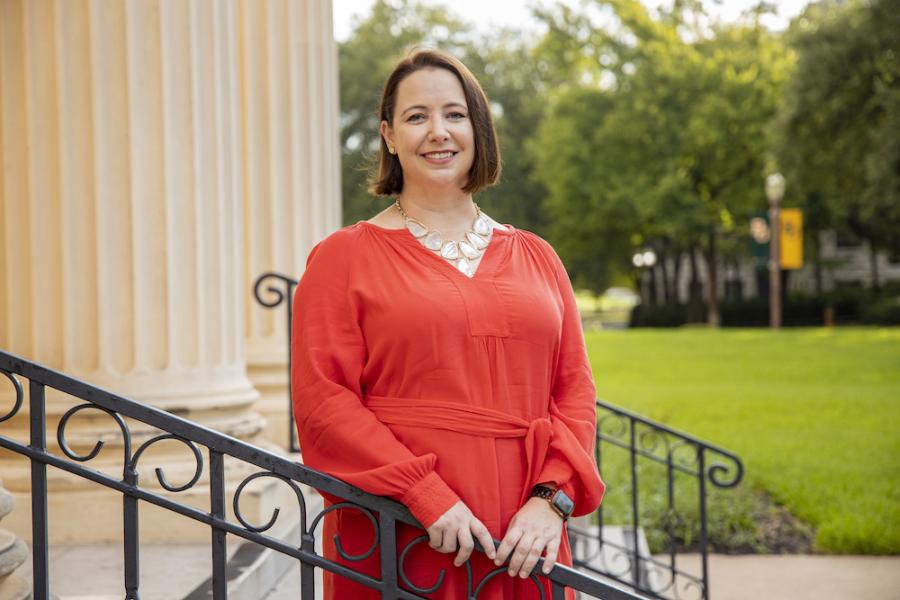
Baylor School of Education professor Tonya Davis serves families with autism by building resources for their teachers. The Texas Higher Education Coordinating Board supports her work which provides Texas teachers with intervention training for students with developmental disabilities.
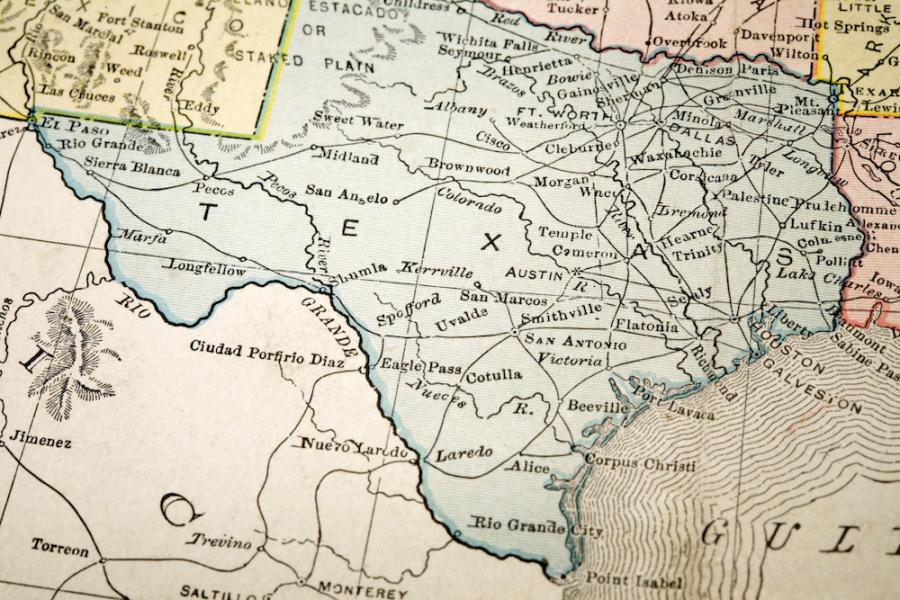
More than 75 percent of counties in Texas qualify as behavioral health shortage areas. With the help of a $1.9 million HRSA grant, Baylor social work faculty are training a new generation to meet that need with excellence.
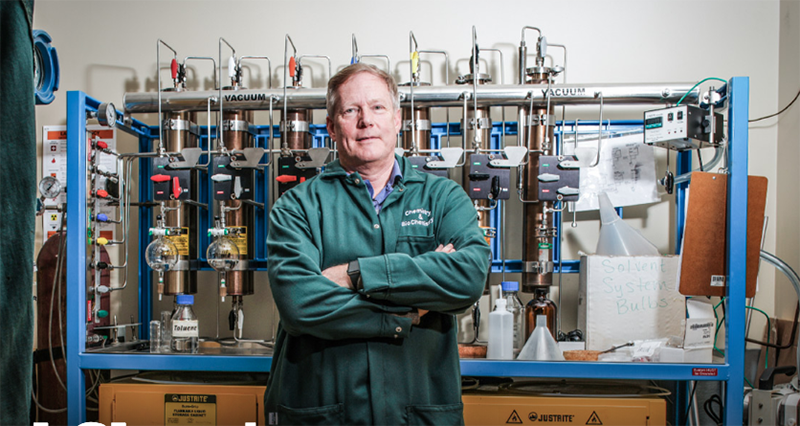
The Cancer Prevention and Research Institute of Texas recruits top cancer researchers to the state of Texas, and some of the best have come to Baylor. John Wood and Daniel Romo are advancing possible cancer drug leads at Baylor thanks in part to CPRIT funding.
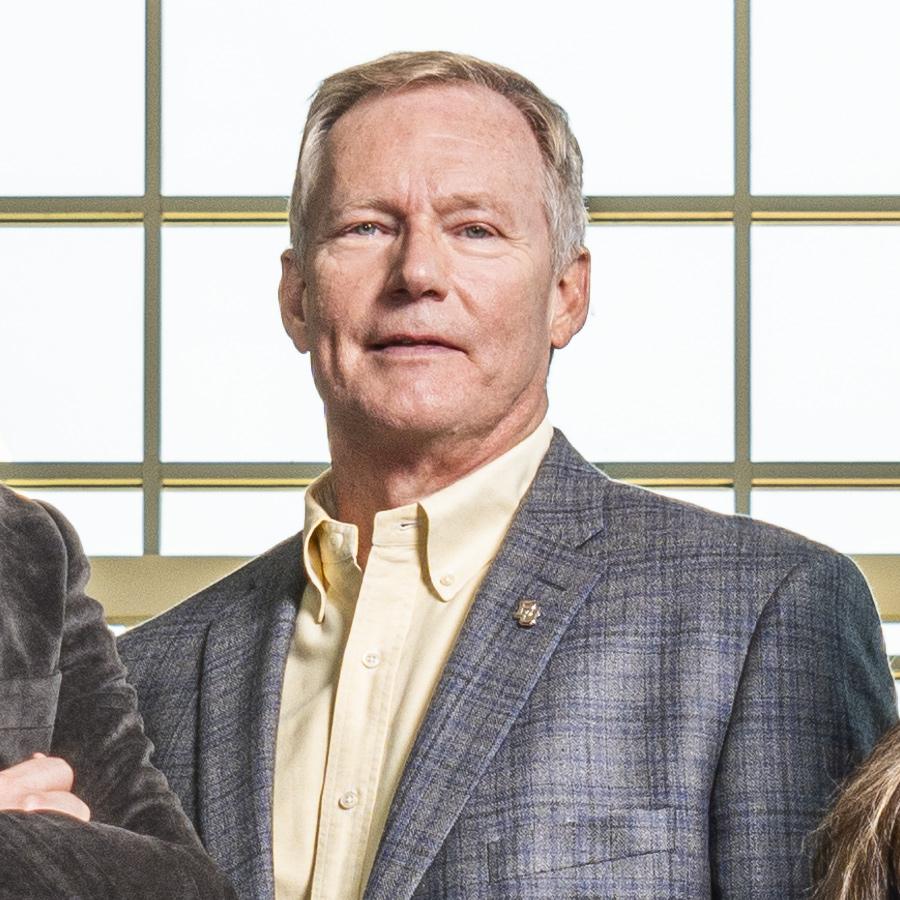
Mentorship is a driving force for John Wood in research that could eventually lead to cancer drugs. Wood serves as the Robert A. Welch Distinguished Professor of Chemistry and Biochemistry and Co-Director of the Baylor Synthesis & Drug-Lead Discovery Lab. Since coming to Baylor in 2013 after serving at Yale and Colorado State, he has continued to build a nationally recognized research portfolio while focusing on the next generation of researchers who come through his laboratory.
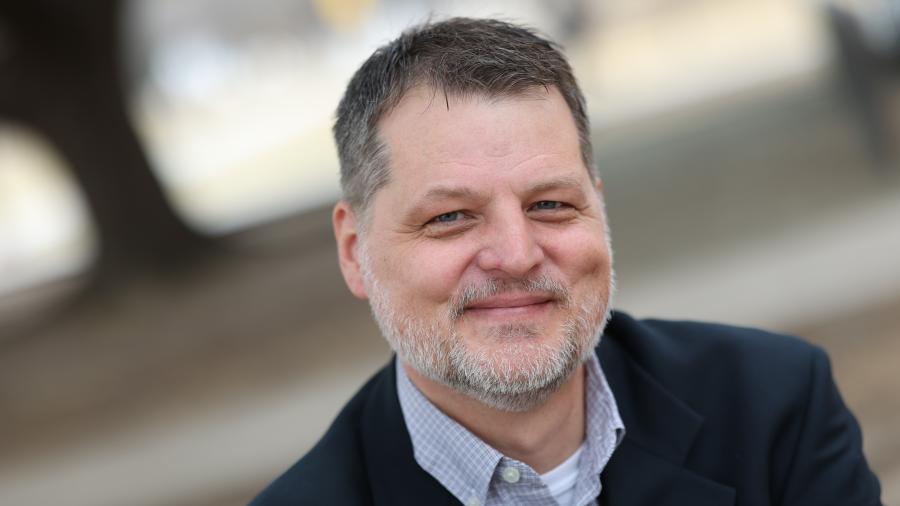
The Luther Sweet Endowed Chair in Disabilities will receive support through the Illuminate Chair Matching Program equivalent to a $3 million chair.
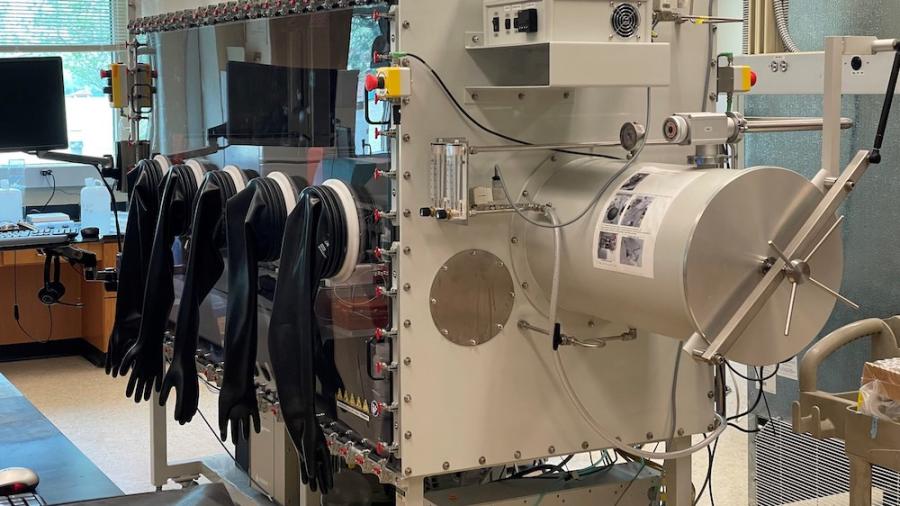
NIH funds a first-of-its-kind effort, led by Bryan Shaw, to provide tools eliminating barriers that exclude students with blindness from pursuing chemistry education and experiences. Students from the Texas School for the Blind and Visually Impaired will participate in pilot portion of the project.
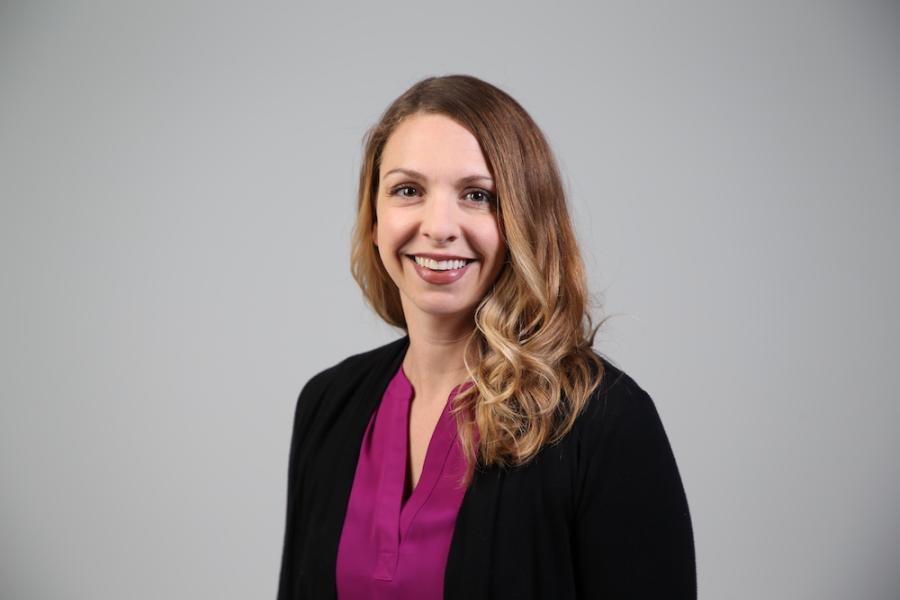
Kelly Johnston, assistant professor of literacy in the Baylor School of Education, researches the everyday ways people make meaning and communicate.

Highlighting a season of growth in Baylor’s research enterprise, the 2022 Baylor Research Year in Review is a collection of data and content which features the University’s research metrics, milestones, institutional investment in research and more.
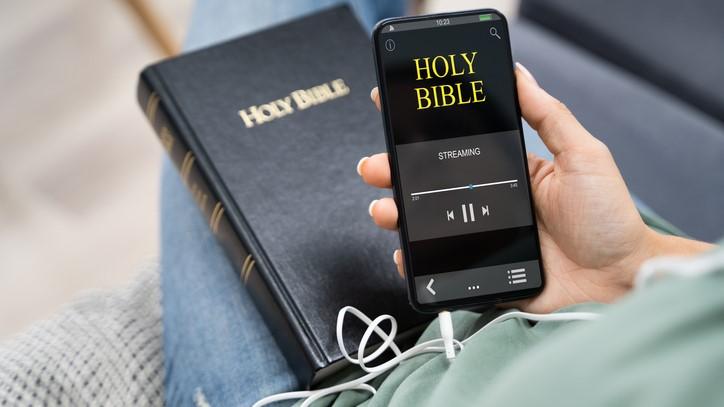
Smartphones are a ubiquitous part of daily life, but there are some spaces where smartphone use may be uncertain or even unwelcome. Baylor smartphone researchers have developed a new model that is a powerful predictor of the intent to use smartphones during church services.
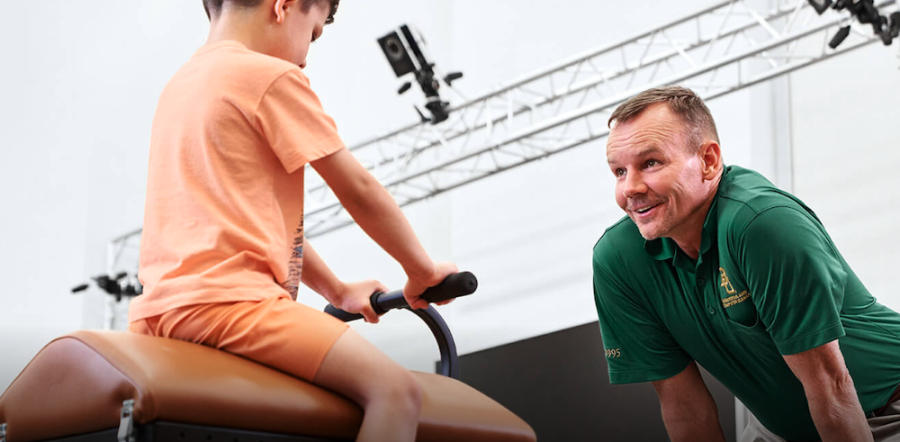
Talk to any Baylor faculty member, and you’ll soon discover a passion for discovery. Dig deeper, and you’ll find that their passion is built on compassion.
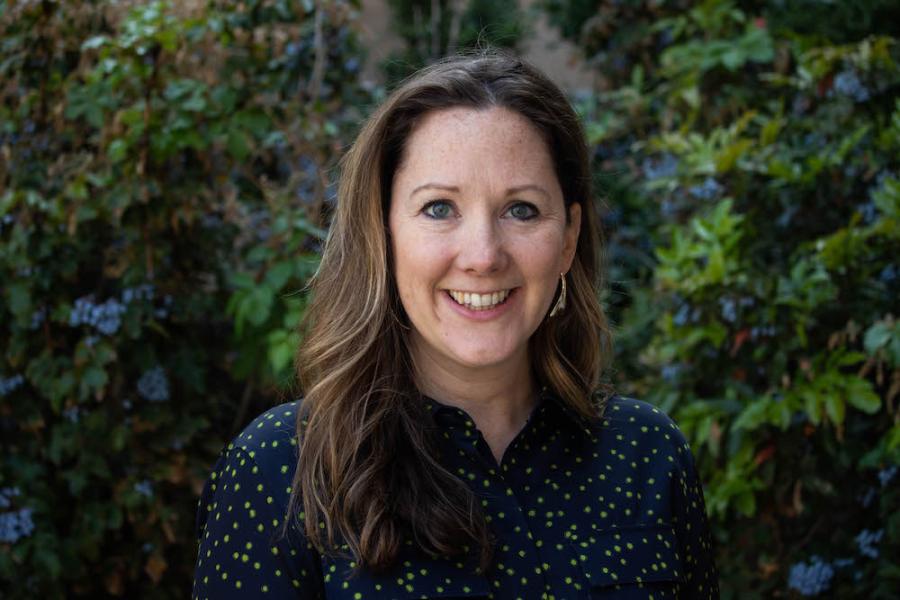
Baylor recruits leading supply chain scholar, researcher and author from Wheaton College and Lipscomb University to new role in Baylor’s Hankamer School of Business.
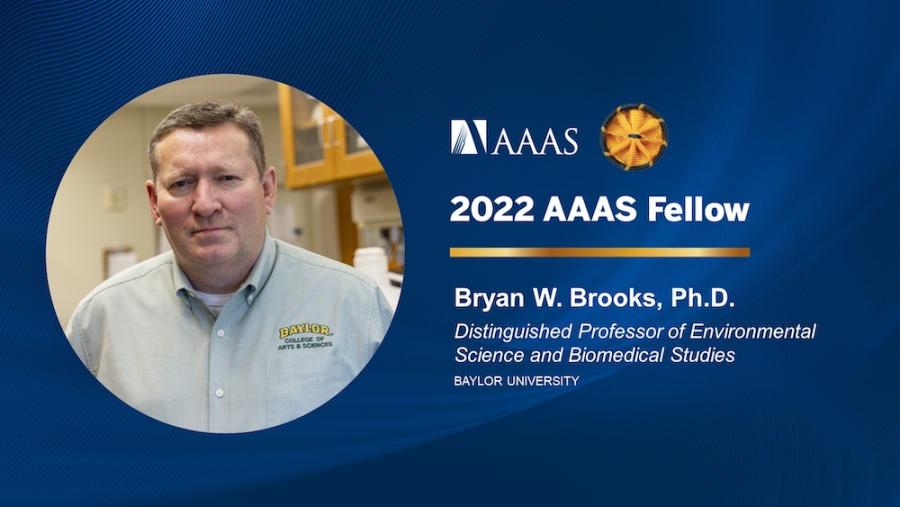
World’s largest general scientific society honors Bryan Brooks, Ph.D., Distinguished Professor of Environmental Science and Biomedical Studies, for meritorious contribution to the advancement of science.
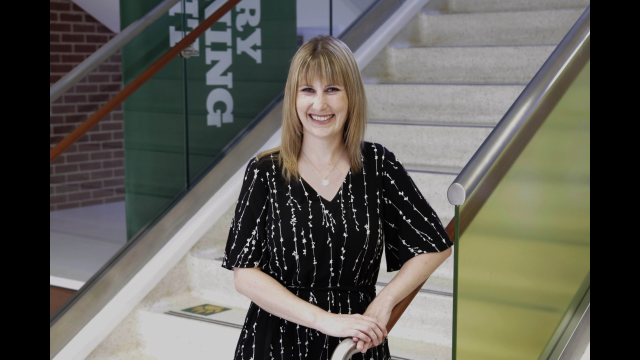
Jessica Akers, Ph.D., in Baylor University’s School of Education, has received a $893,409 grant from the Texas Higher Education Coordinating Board to develop an innovative treatment model for children with autism and their siblings.
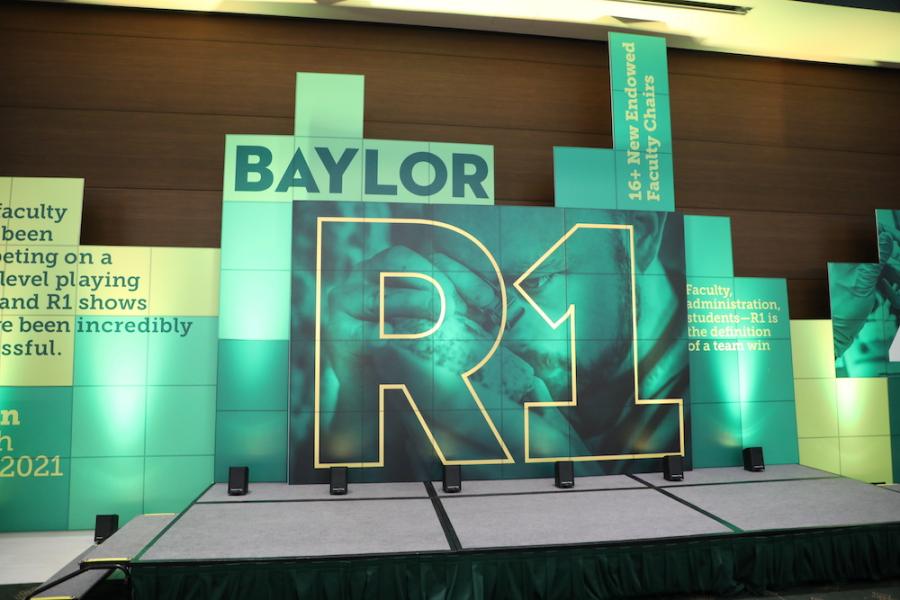
From the very beginning, the dream of Baylor University as an internationally recognized, preeminent Christian research university was audacious. Learn more about Baylor's vision and path to research growth.

The NSA and Department of Homeland Security have designated Baylor as a National Center of Academic Excellence in Cyber Defense (CAE-CD), addressing the critical shortage of professionals with cybersecurity skills and highlighting the importance of higher education in cyberspace defense.

Silicic volcanoes on the Moon, specifically the mysterious Gruithuisen Domes, are a lunar geologic mystery that still perplexes scientists more than half a century after they were discovered. A $260,000 NASA grant will enable Baylor's Planetary Research Group to study them further.
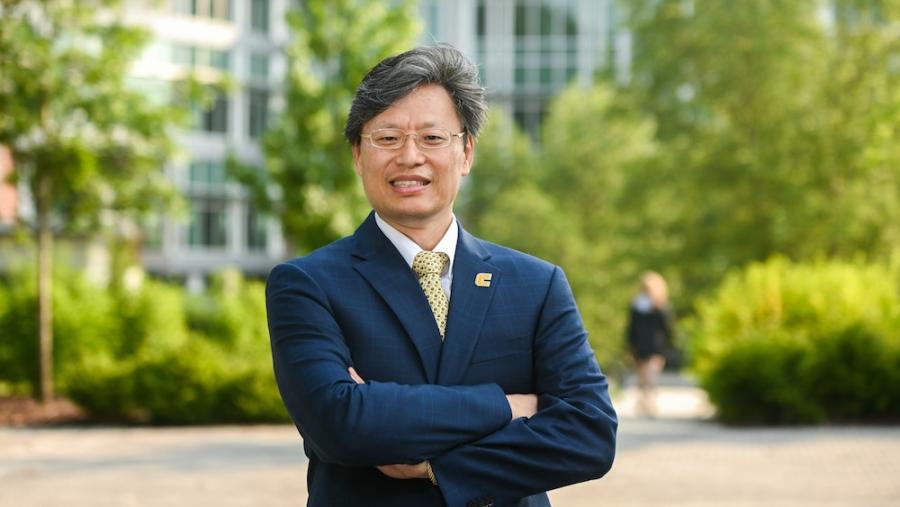
Following a nationwide search, Baylor announces the appointment of Daniel J. Pack, Ph.D., dean of the College of Engineering and Computer Science at the University of Tennessee at Chattanooga (UTC) and a 2005 Carnegie U.S. Professor of the Year, as dean of the Baylor School of Engineering and Computer Science.
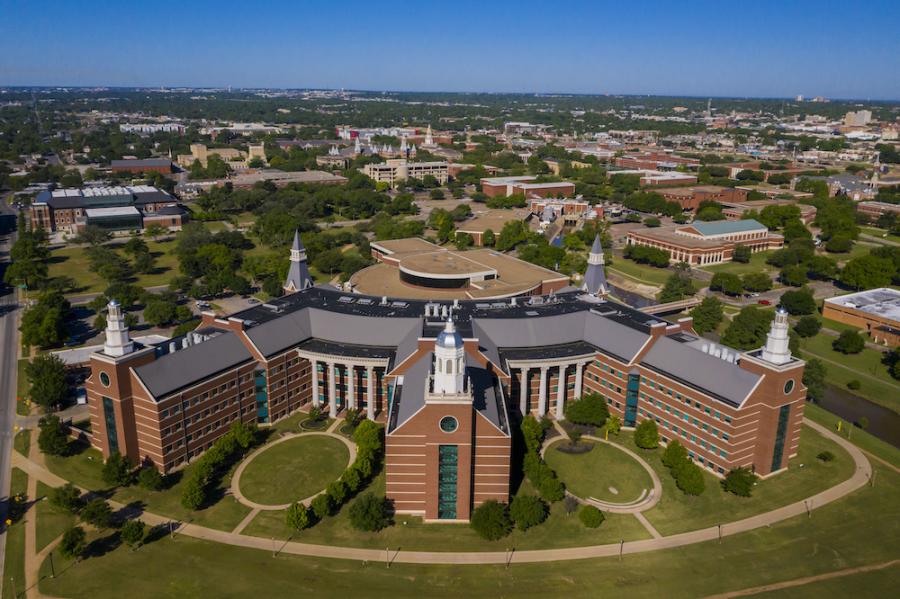
Baylor's recognition as an R1 research institution is meaningful not only for the University, but for the Greater Waco community and Central Texas, bolstering a cutting-edge community through research, faculty growth, business development and more.
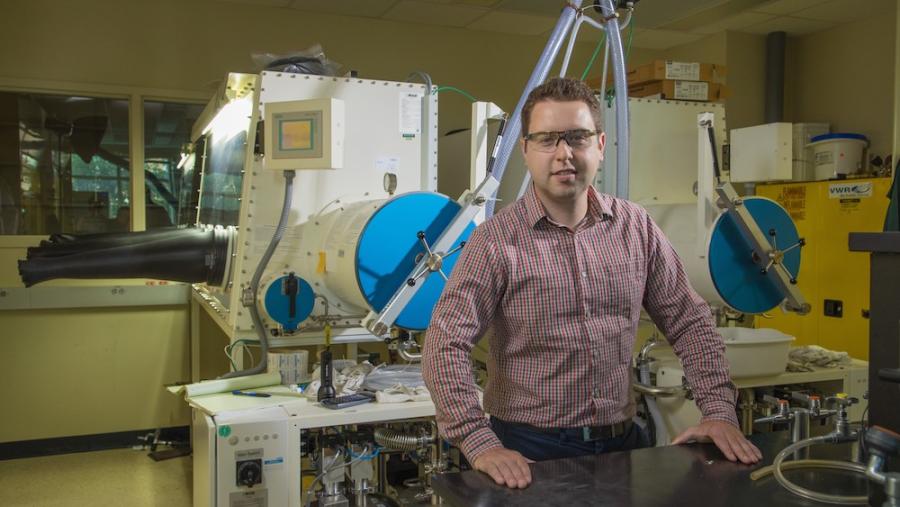
Synthesized in one step, this state-of-art Lewis superacid – that has applications in the production of most common plastics – is more efficient to produce, safer for the environment and could potentially save billions of dollars in manufacturing costs.

SCORE collaboration unites five universities with sports industry partners to introduce data science applications through sports and prepare the next generation of data science professionals.

Sara Perry, Ph.D., shares insights on work-life balance and remote work from latest research project in the Journal of Business and Psychology.
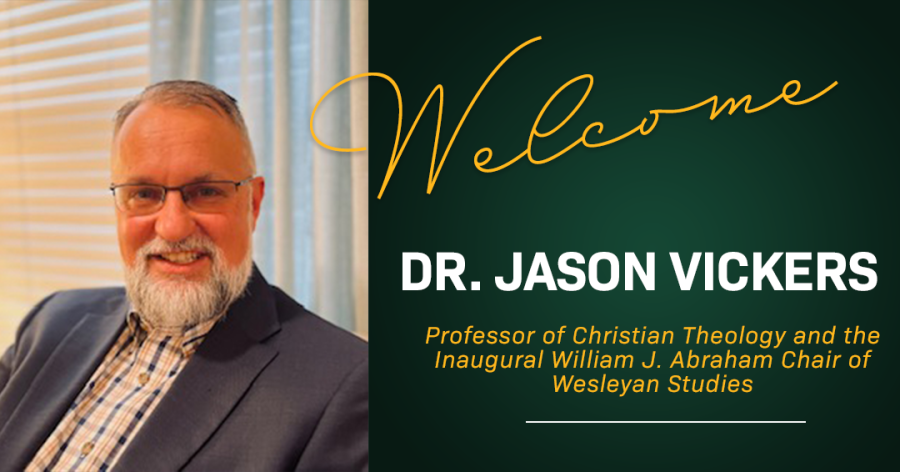
As a professor at Baylor’s Truett Seminary, Vickers will teach courses and conduct research in Wesleyan thought and practice and will enhance Truett’s newly formed and rapidly growing Wesley House of Studies.

Sarah Schnitker and Jo-Ann Tsang analyze the psychology of gratitude and how to practice it.
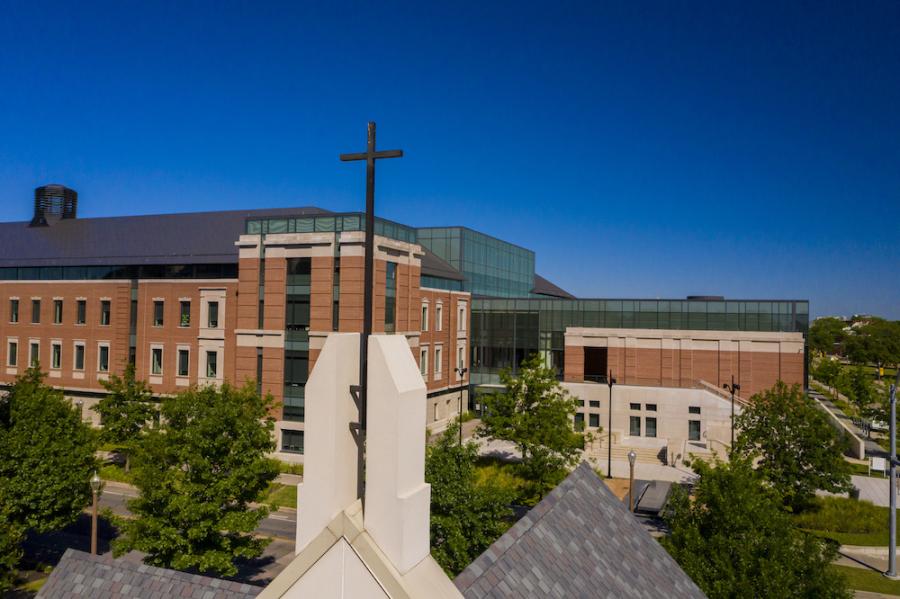
Many Baylor researchers focus their research on faith itself, leading significant projects that address faith’s impact on human flourishing, community health, individual character and more.
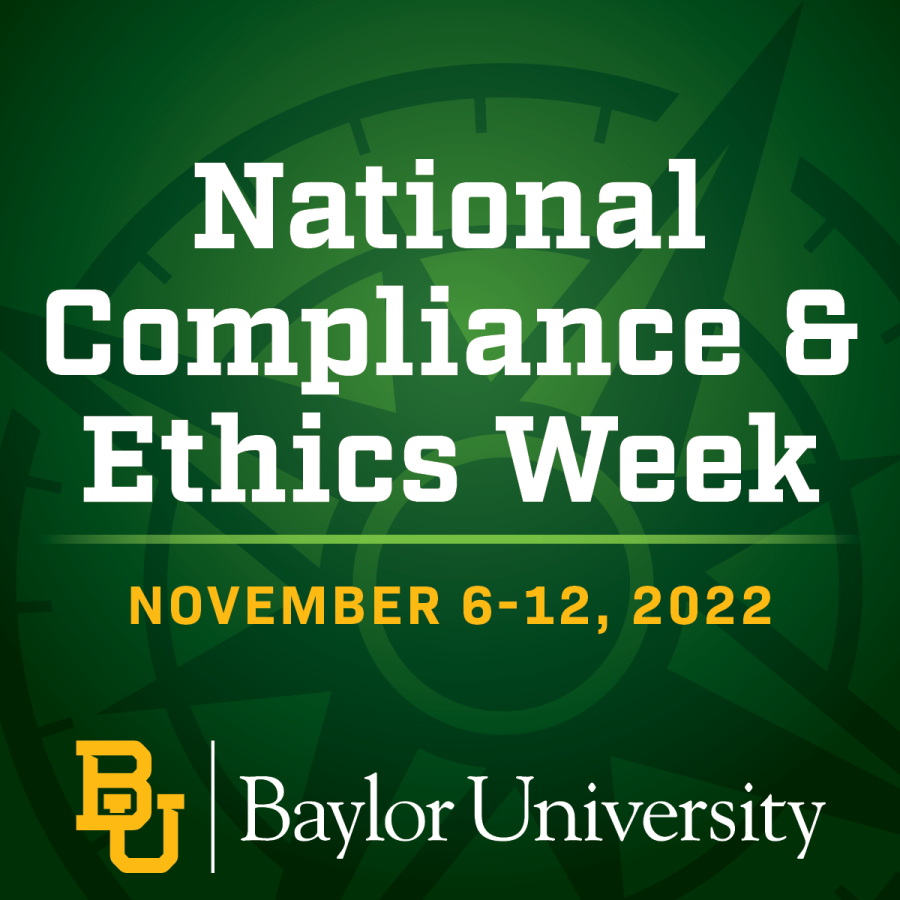
Baylor University is recognizing National Compliance & Ethics Week for the first time as an R1 institution in 2022, illuminating people and programs who play in important role in advancing these mission-aligned areas of focus at Baylor.
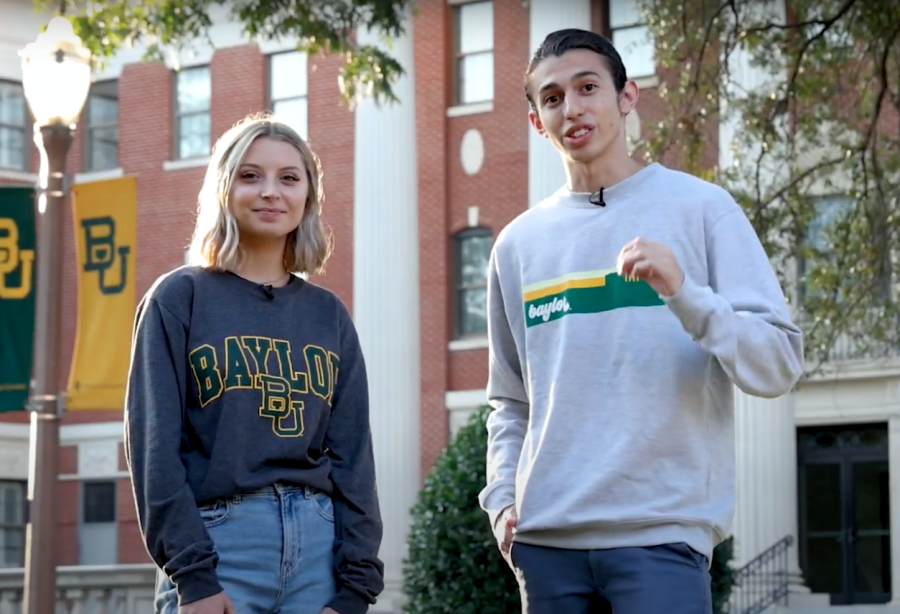
Baylor University's R1 recognition is more than an accolade. Discover what it means to Baylor students in research opportunities, facilities, faculty connections and more.

Baylor’s Office of the Vice Provost for Research, students from the School of Engineering and Computer Science deliver projects to five local schools to bring research impacts to the community, with projects available for download beyond Waco.